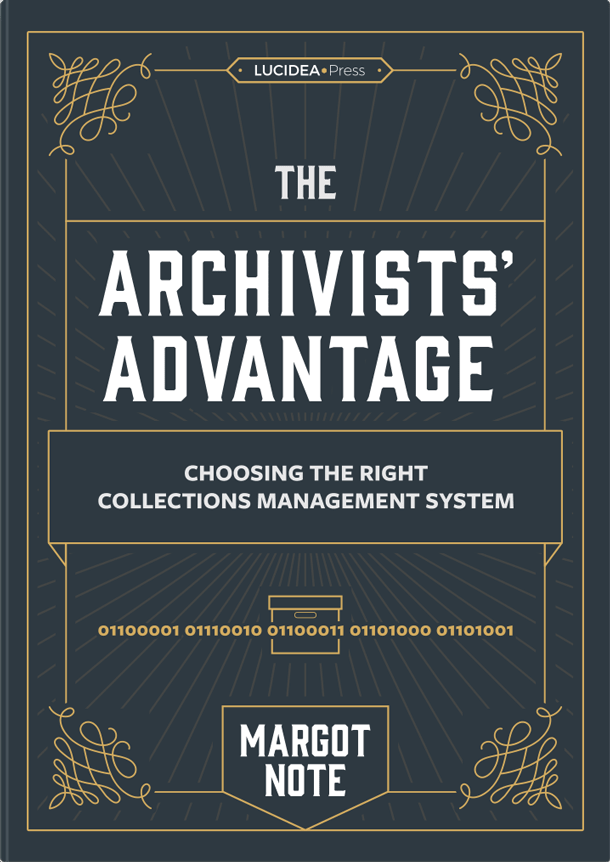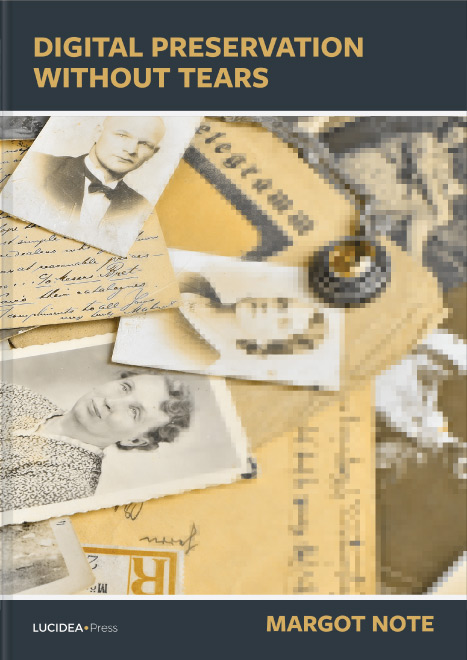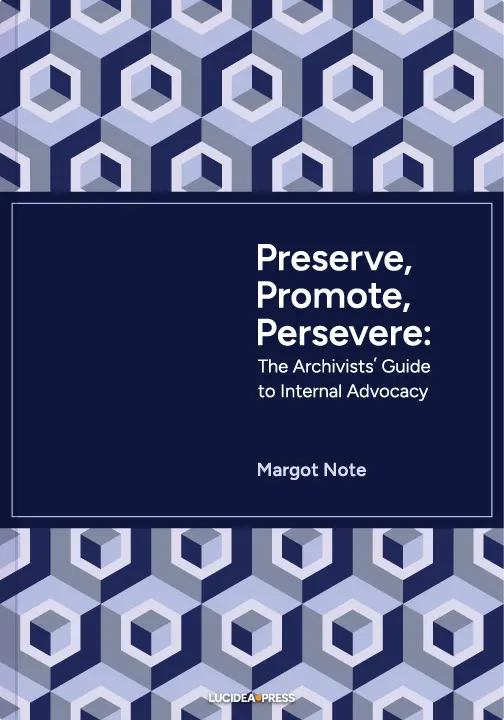
Margot Note
Margot Note is an author, archivist, and records manager helping individuals and organizations harness their history. As the principal of Margot Note Consulting LLC, she facilitates the understanding of the importance of unique collections, suggesting ways to manage them and use them to tell stories to connect with people. To learn more, please visit margotnote.com.
Webinar recordings
Margot Note Webinars
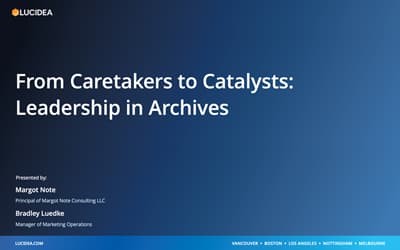
From Caretakers to Catalysts: Leadership in Archives

Embracing Technology for Stakeholder Engagement

Unlocking Potential through Collaborations

Archivists: Elevating Through Branding

Harnessing Marketing Strategies for Archival Services

Championing Exceptional Archival Services

Archival Relationship-Building

Organizational Culture and Internal Advocacy

Archivist’s Guide to Internal Advocacy
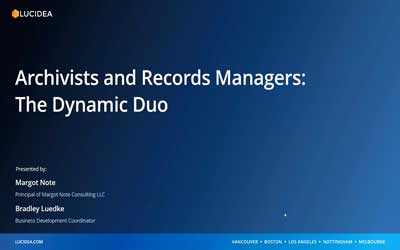
Archivists and Records Managers: The Dynamic Duo

Archival Access

Archival Description

Archival Digitization Planning

Selection for Archival Digitization

Archival Digitization Fundamentals
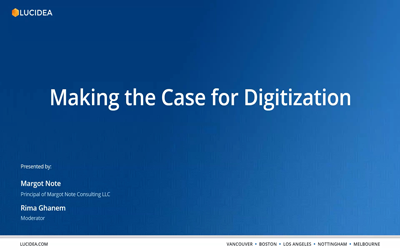
Making the Case for Archival Digitization

Reach New Archival Audiences: Optimize Communication

Reach New Archival Audiences: Foster Creativity

Reach New Archival Audiences: Prioritize Connection

Reach New Archival Audiences: Create a Community

Archival CMS Efficiencies; Metrics and Reporting

Archival CMS Efficiencies; Export Standard Formats
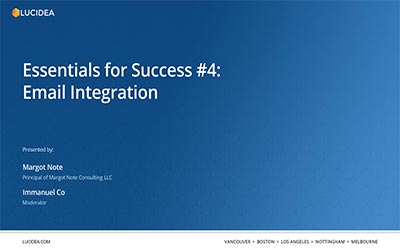
Archival CMS Efficiencies; Email Integration

Archival CMS Efficiencies; Impact on Service

Archival CMS Integrated Portal Impact

Archival CMS Essentials Visibility Access

Fully Leveraging Collections Management Systems
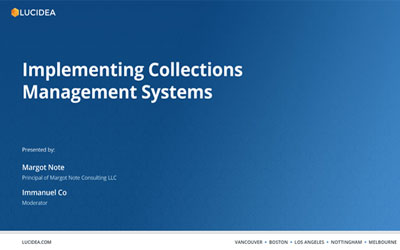
Implementing Collections Management Systems

Preparing a Transition Plan for Your New Archival CMS
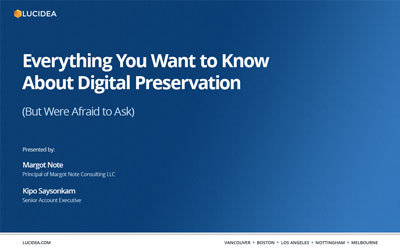
Everything You Want to Know About Digital Preservation

Selecting Collections Management Systems—Know Your Options
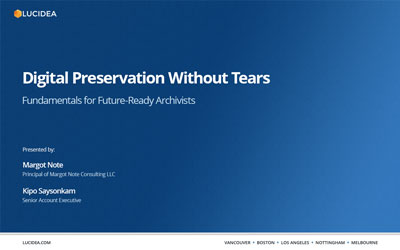
Digital Preservation Without Tears: Fundamentals for Future-Ready Archivists
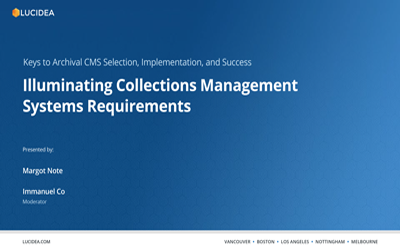
Illuminating Archival CMS Requirements
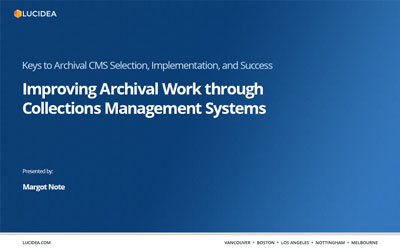
Improving Archival Work through Collections Management Systems

Why Reviewing Completed Projects Makes All the Difference

Monitor Performance to Keep Your Project on Track

Key to Successful Archives Project Management Part 3: Leading and Managing Project Teams

Keys to Succesful Archives Project Management Part 2: Dynamic, Iterative Project Planning

Keys to Successful Archives Project Management Part 1: How to Position Your Archival Project for Success
Blog posts
Margot Note

Ensuring Long-Term Access to Digital Archives

5 Best Practices for Personal Digital Archiving

The Importance of Personal Digital Archiving (Plus Steps to Get Started)

Archival Leadership in the Digital Age

Archival Collections Management: From Stewardship to Advocacy

The Organizational Impact of Archives

The Role of Technology in Archives
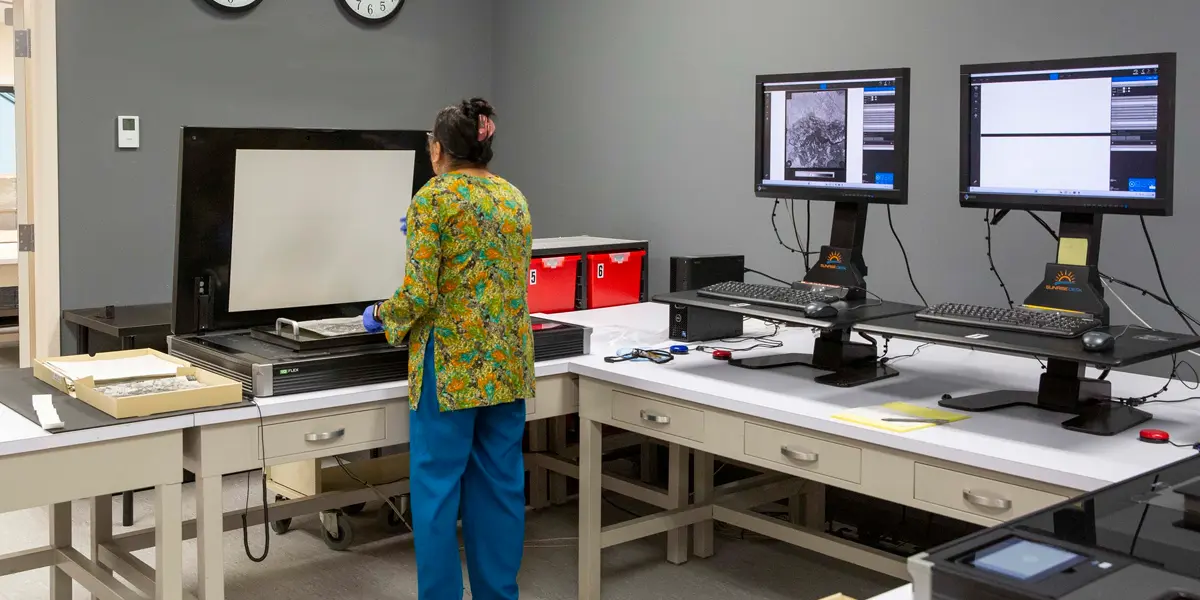
The Archivist’s Tech-Powered Journey
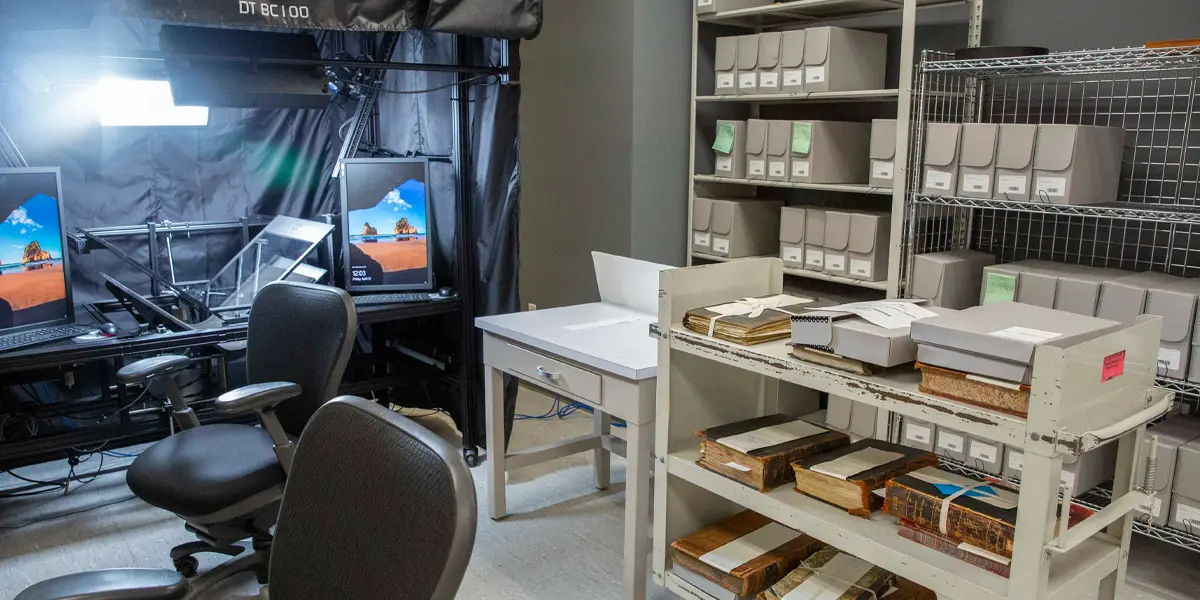
Embracing Technology for Archival Engagement

Preserving Legacy with Family Office Archives

Archival Collaborations: Technology, Planning, Learning, and Trust

Unlocking Collaborative Archival Potential

Collaborative Archival Relationships

Informational, Evidential, and Intrinsic Values within Archives
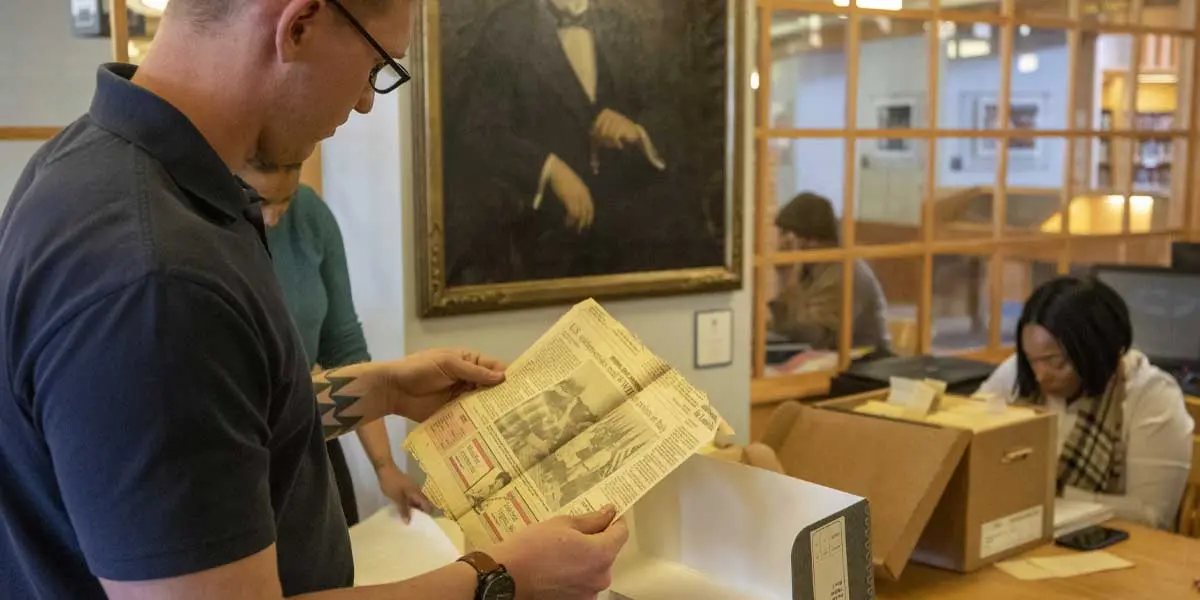
A Sustainable Archives
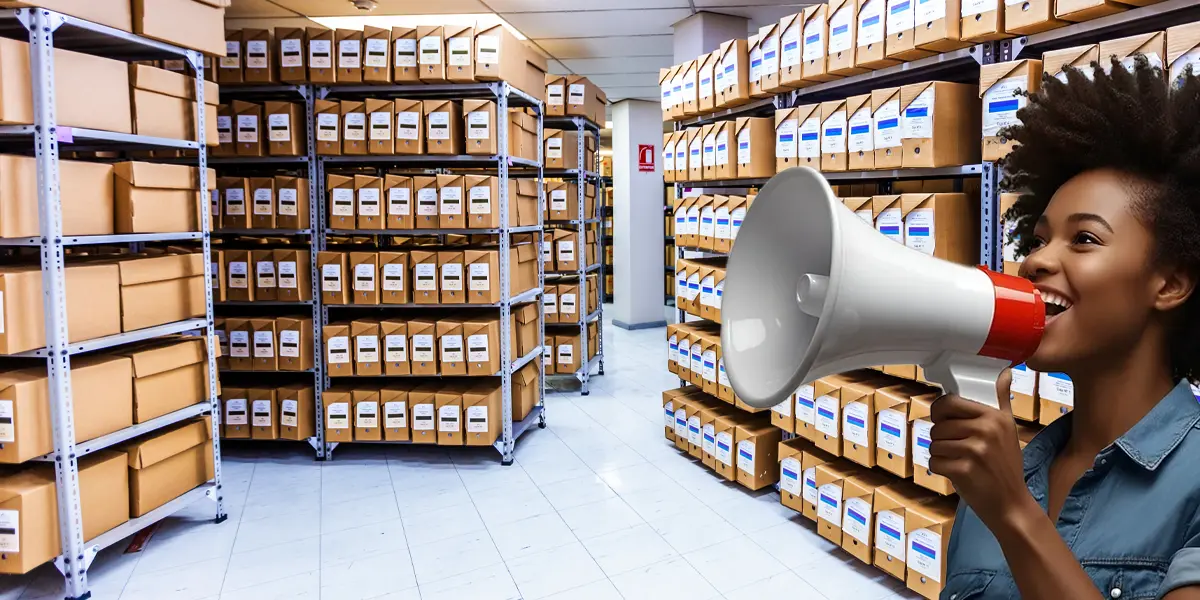
Archival Branding and PR Strategies
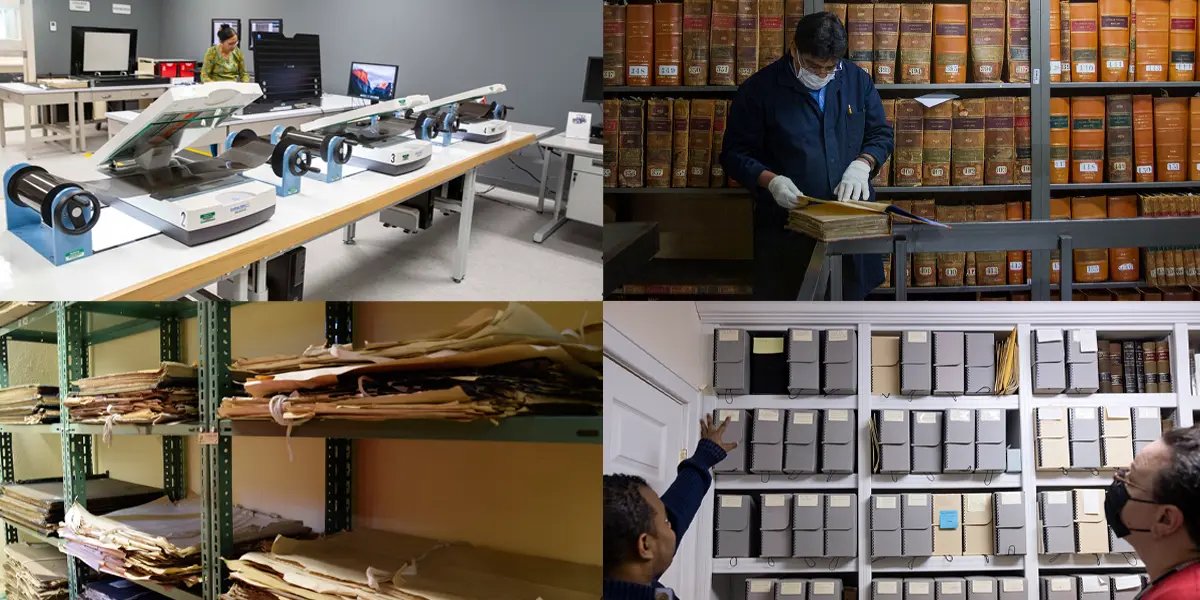
Establishing Archival Identity

Strategic Archival Collaborators

Archival Marketing Strategies

The Power of Archival Stories

Ready to Read: Preserve, Promote, Persevere: The Archivists’ Guide to Internal Advocacy

Archivists as Modern Marketers
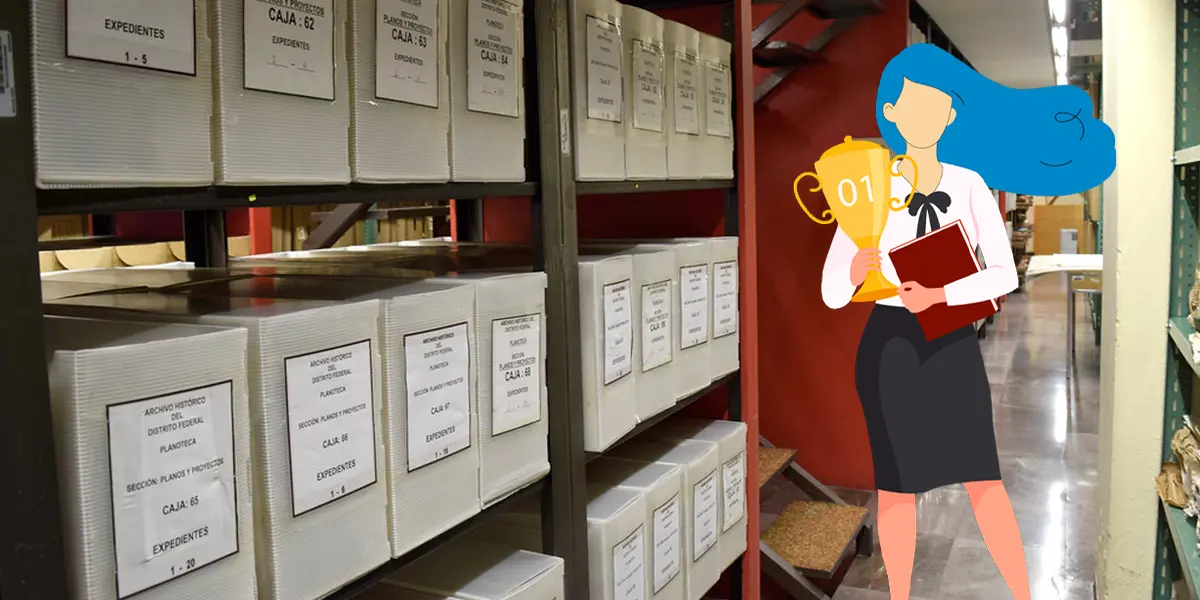
Archivists as Champions of Social Responsibility

Unlocking the Power of Service in Archival Practice
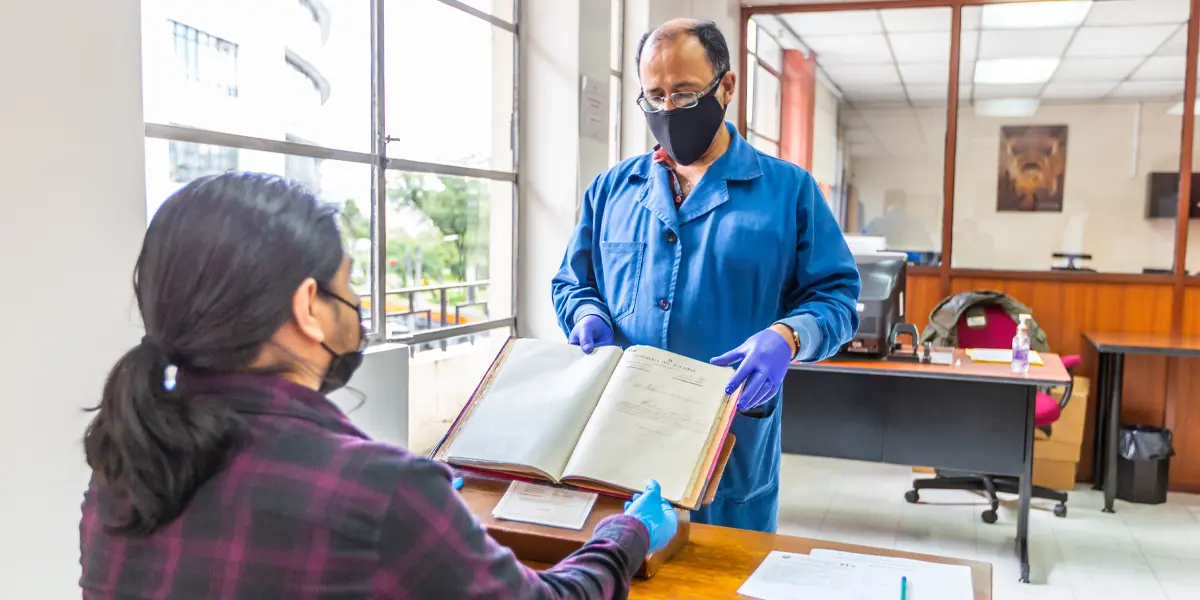
Archival Customer Service
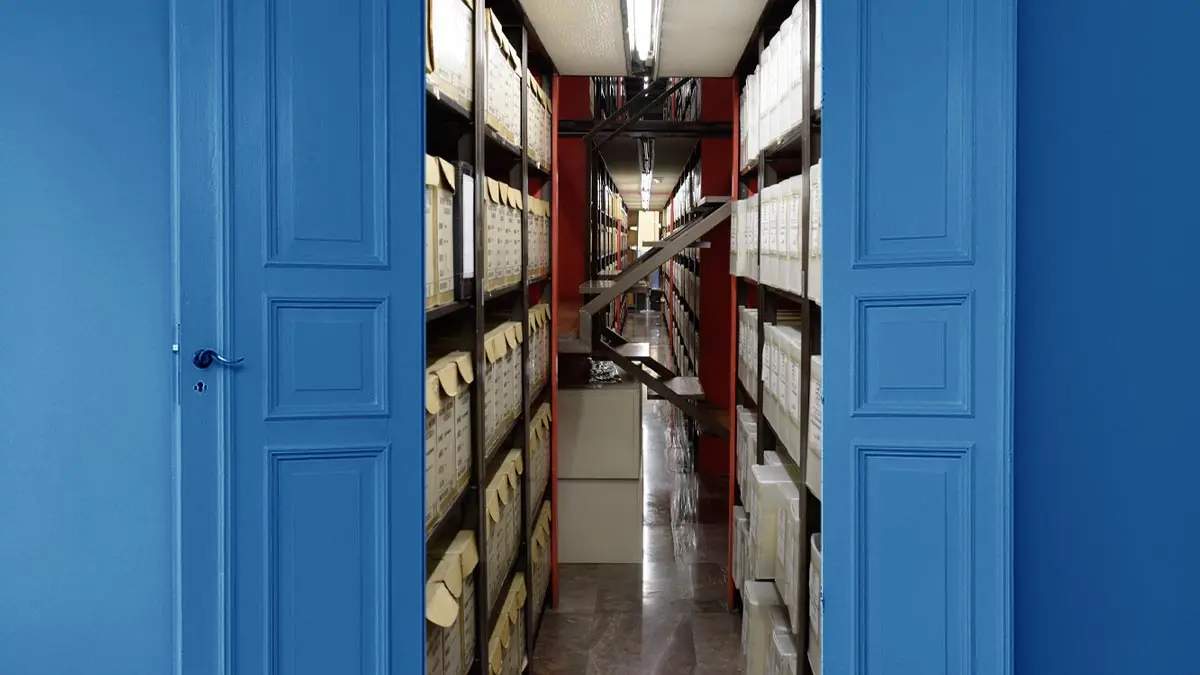
Unlocking Access in Archives

Enhancing Collaboration; Methods for Archivists
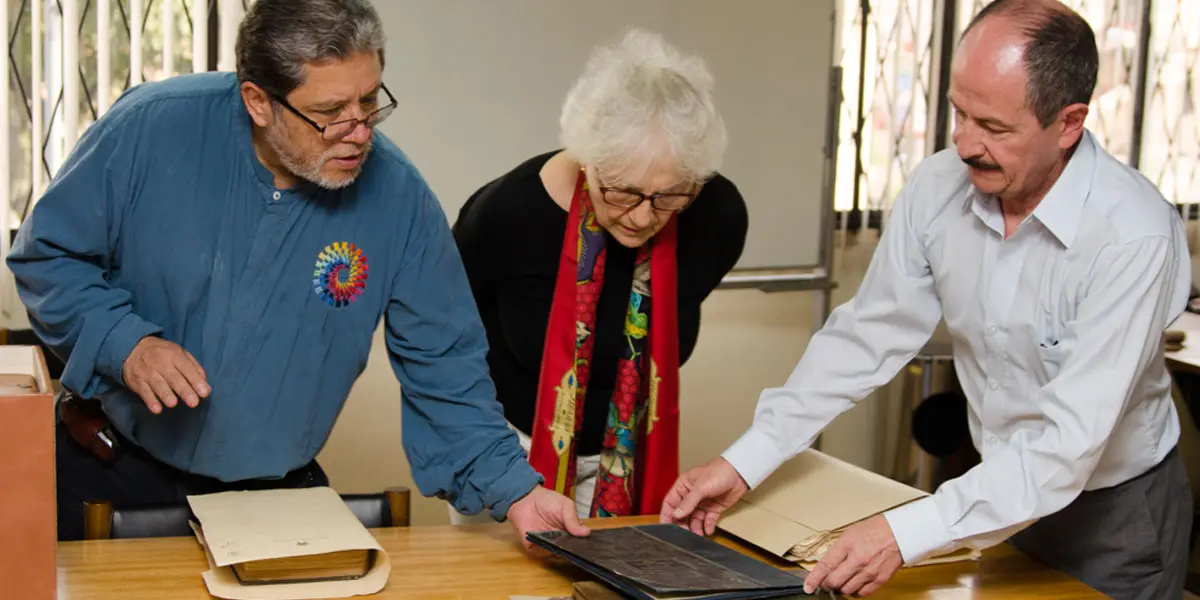
Navigating Selection in Archival Practice
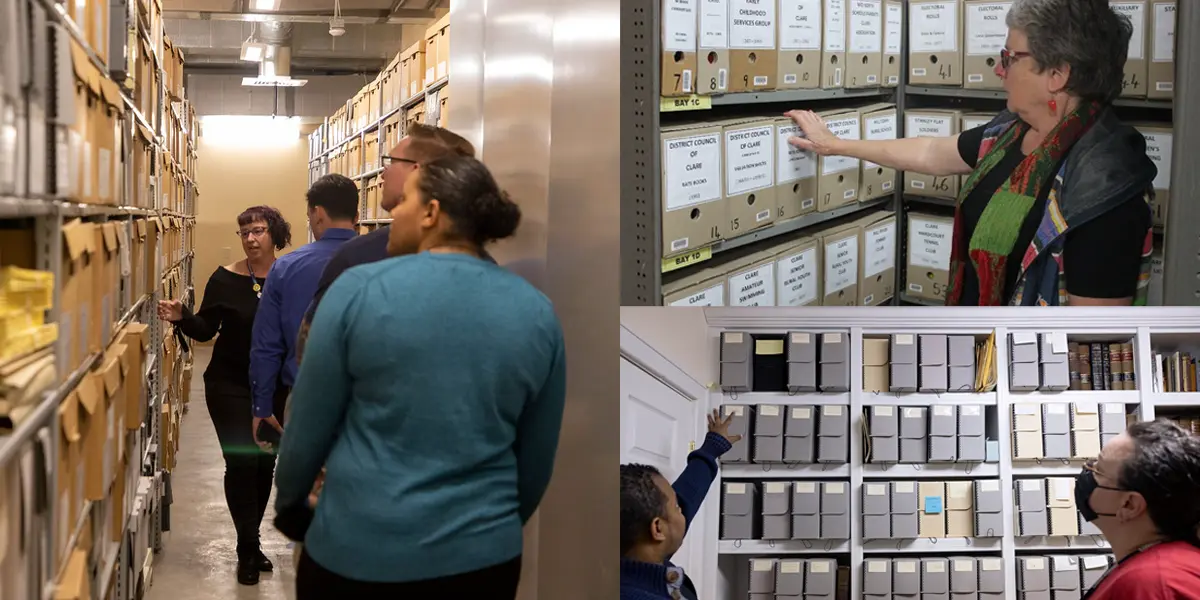
Responsible Stewardship in Archival Practice
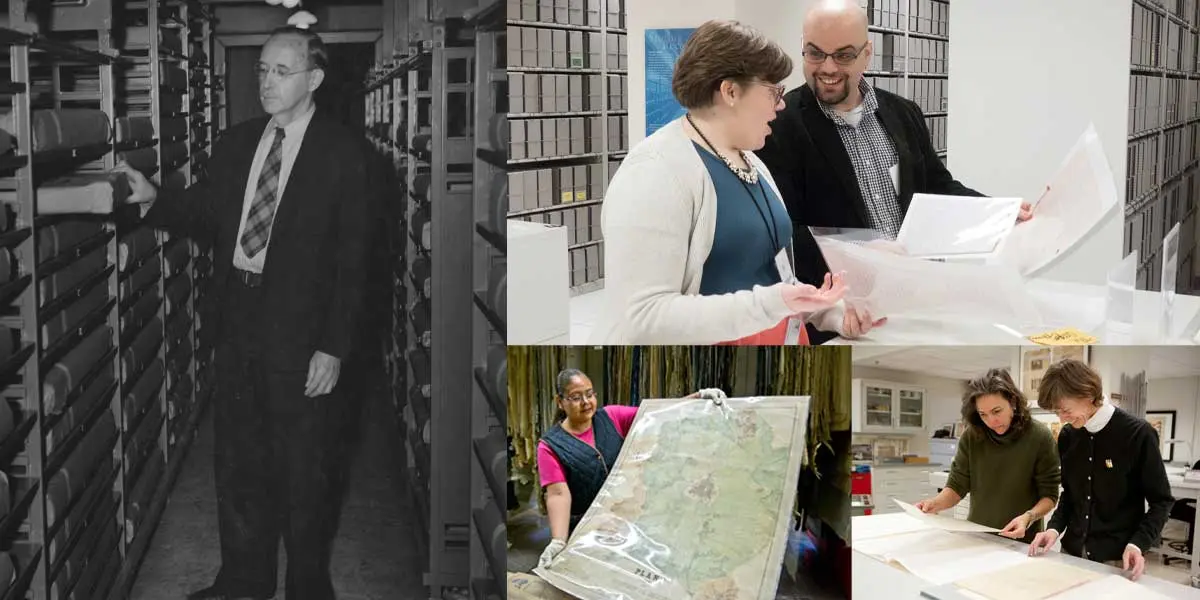
Stewards of the Past, Guardians of the Future

Archival Relationship-Building

Unlocking the Power of Archival Relationships

Building Bridges: Archivists in Organizational Dynamics
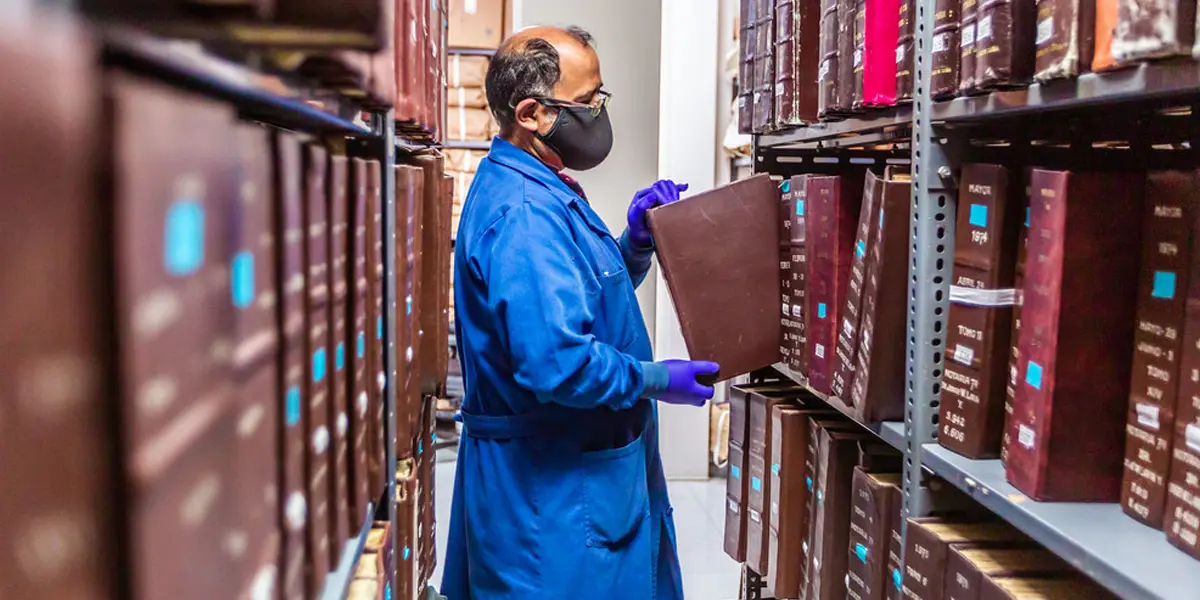
Preserving Archival Pillars
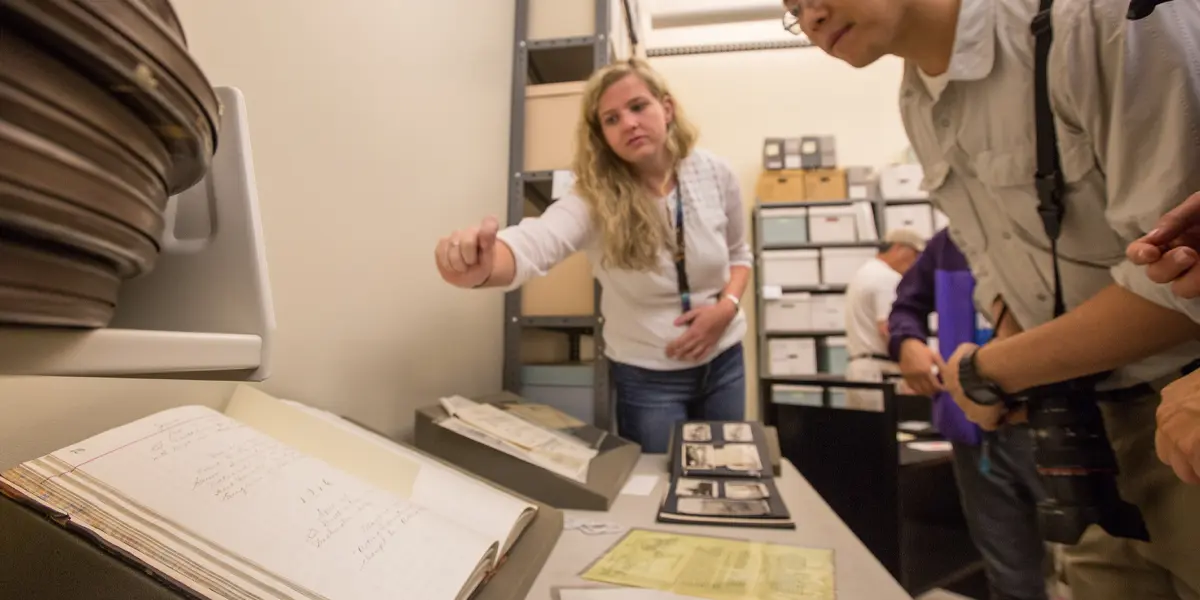
Elevating Archives’ Impact with Advocacy

Navigating Organizational Culture
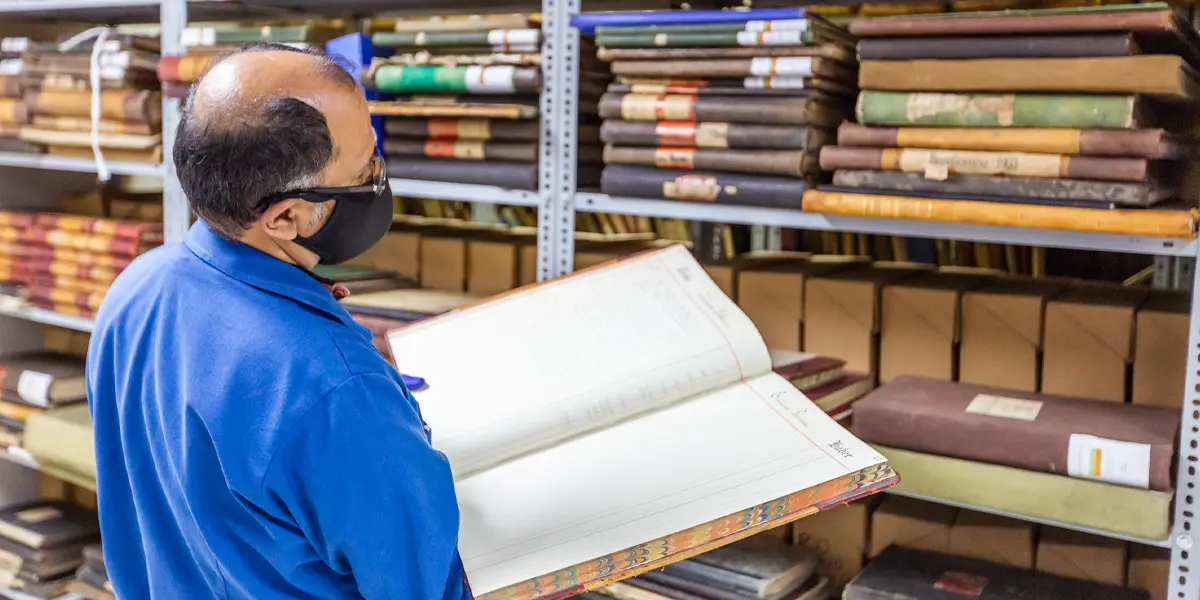
Navigating Resource Challenges in Archives

Securing Funding for Archival Software

Digitization and Internal Advocacy

Internal Advocacy in Archives
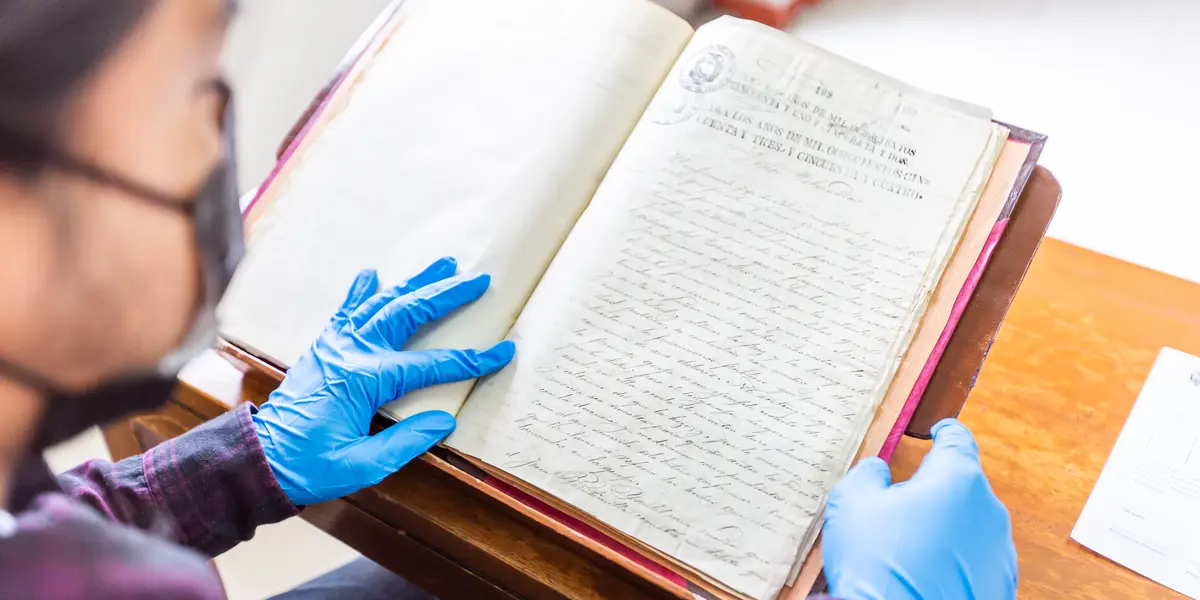
Preserving History and Memory in Archives

Embracing Diversity in Archival Work
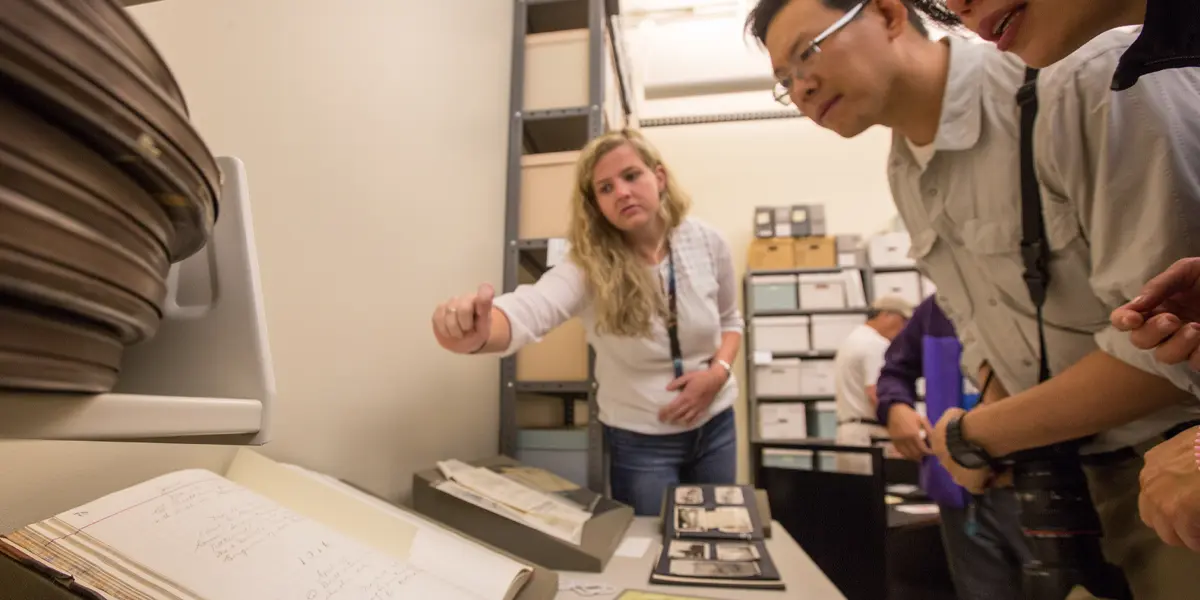
Promoting Archival Work
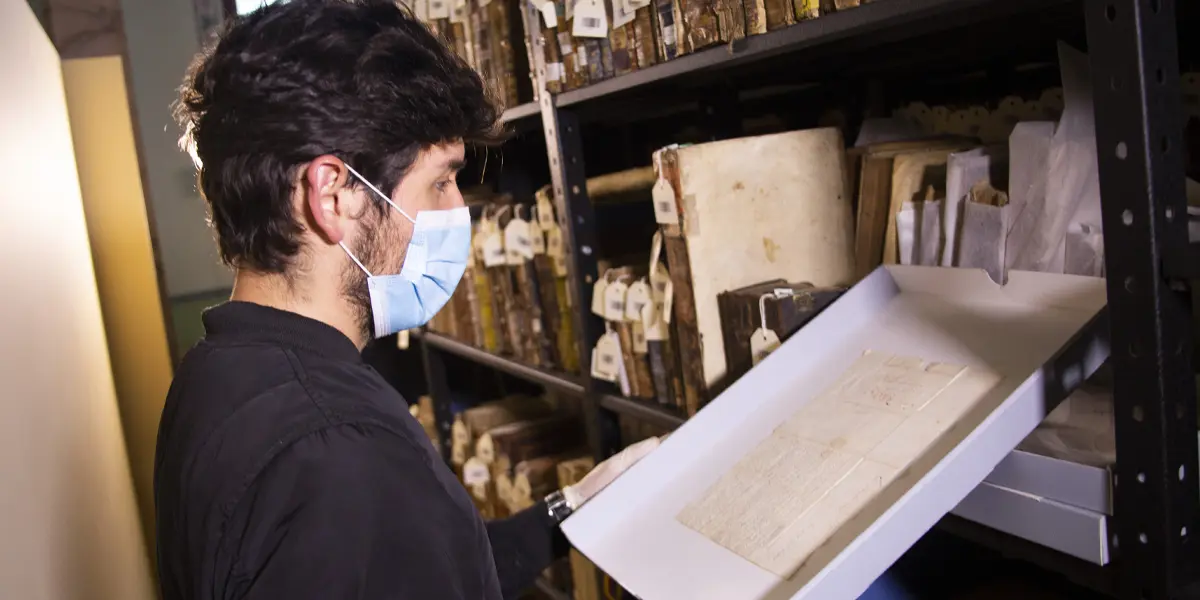
Accountability through Archiving

Promoting Openness, Access, and Use

Leading with History
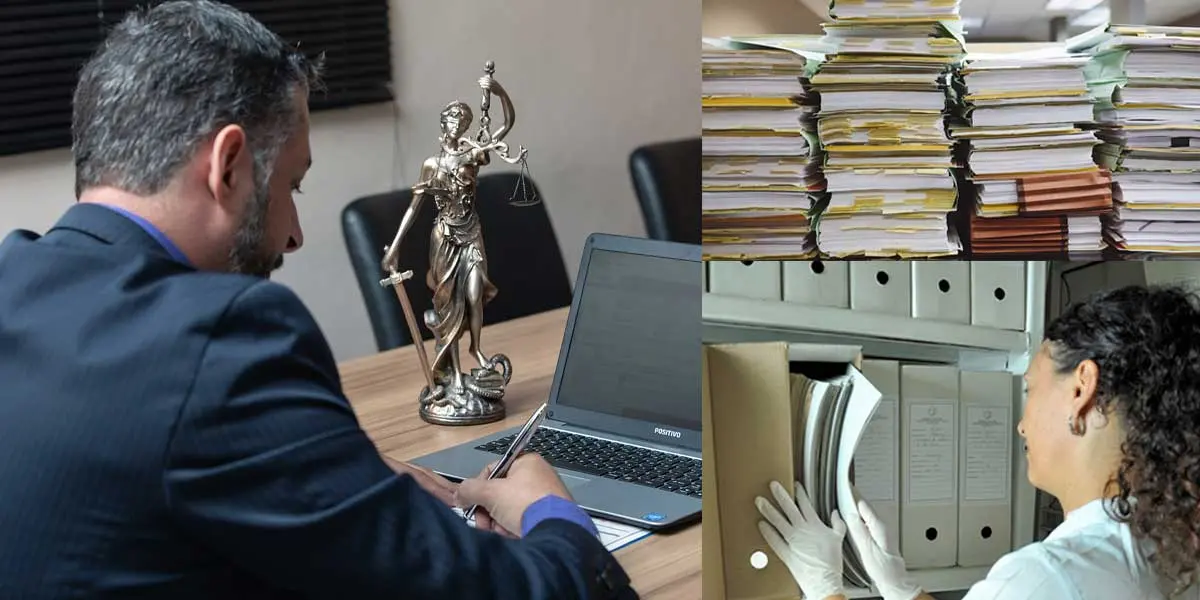
Legal Perspectives of Archives and Records Management

Preserving Grant Management Records
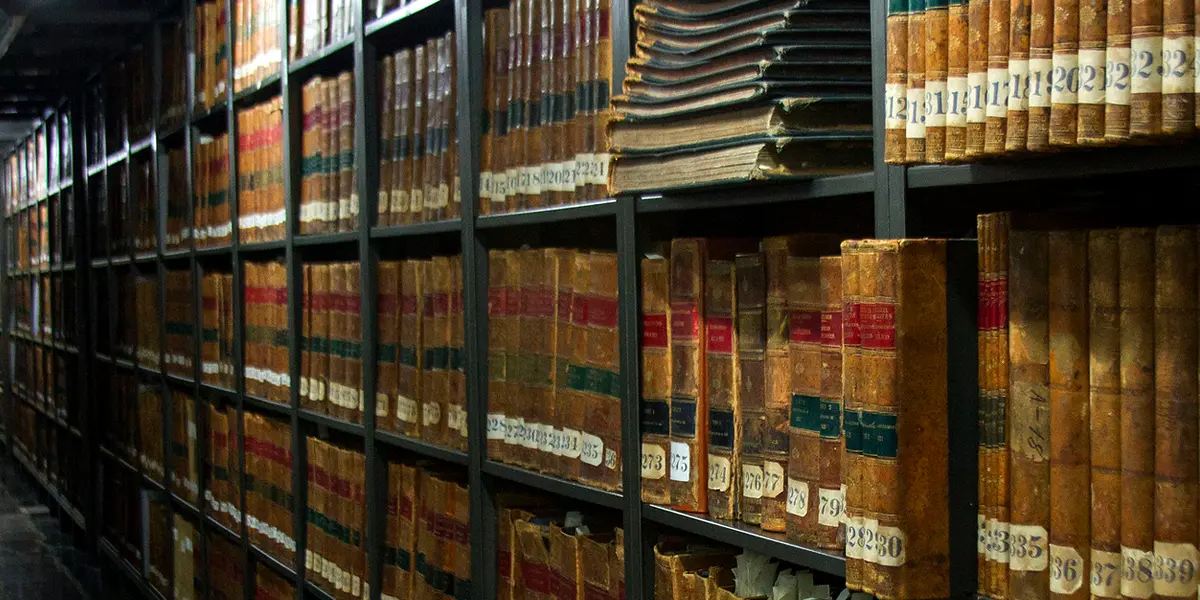
Establishing an Institutional Archives
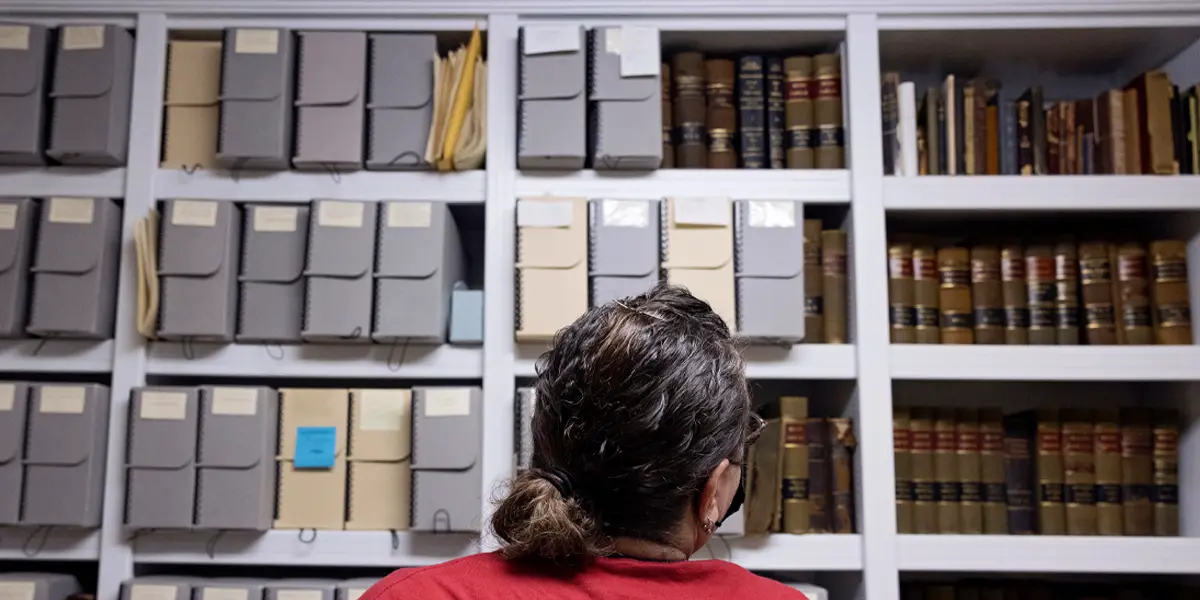
Archiving University Functions
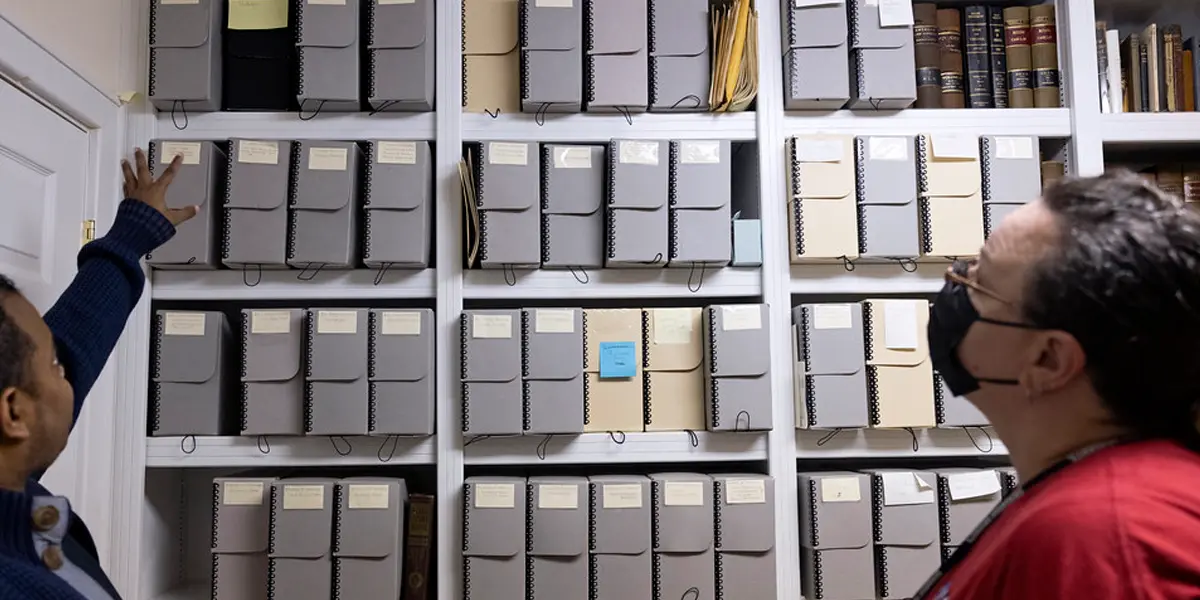
Stewardship for University Archives
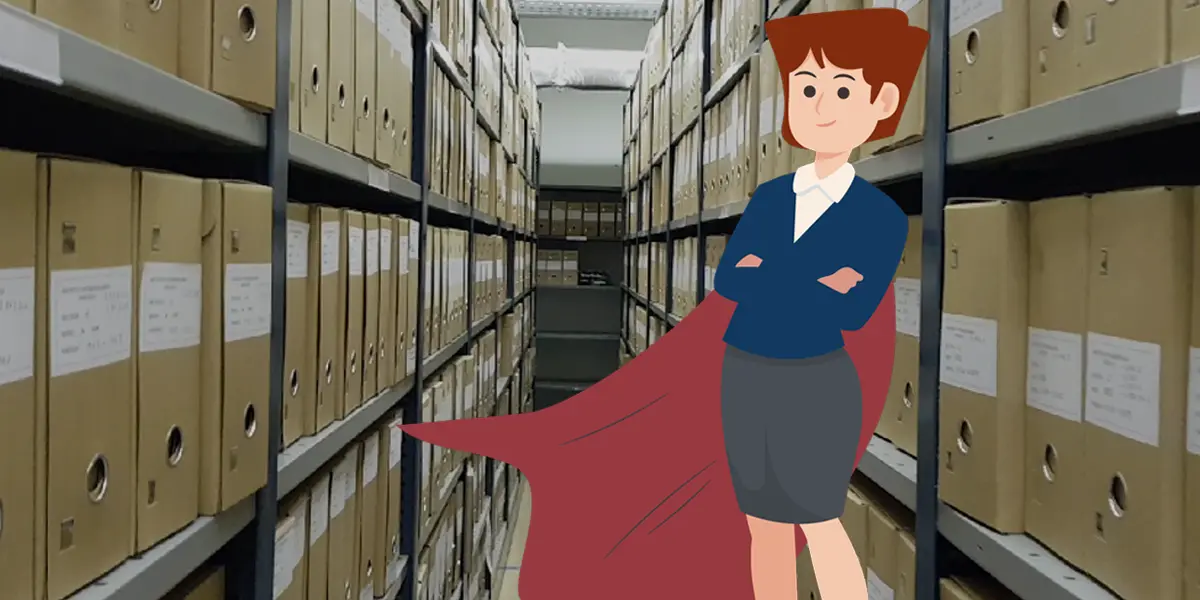
The Socially Intelligent Archivist

Empowering Archivists through Project Management
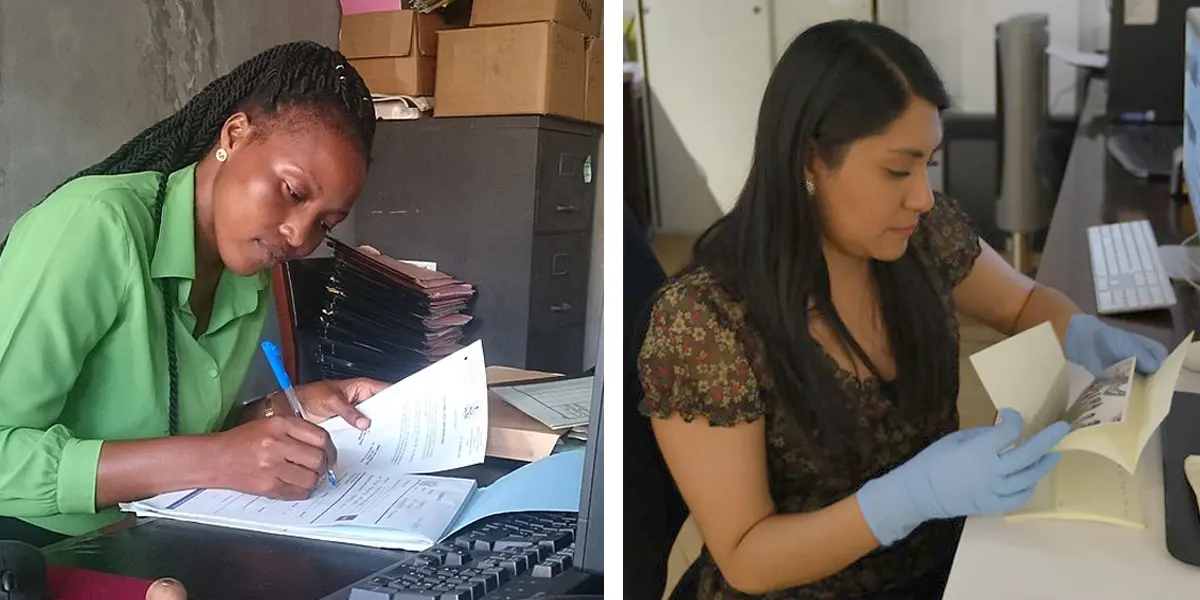
The Records Continuum Model: Bridging the Gap

Archival and Records Management Perspectives

Embracing Archival and Records Management Differences
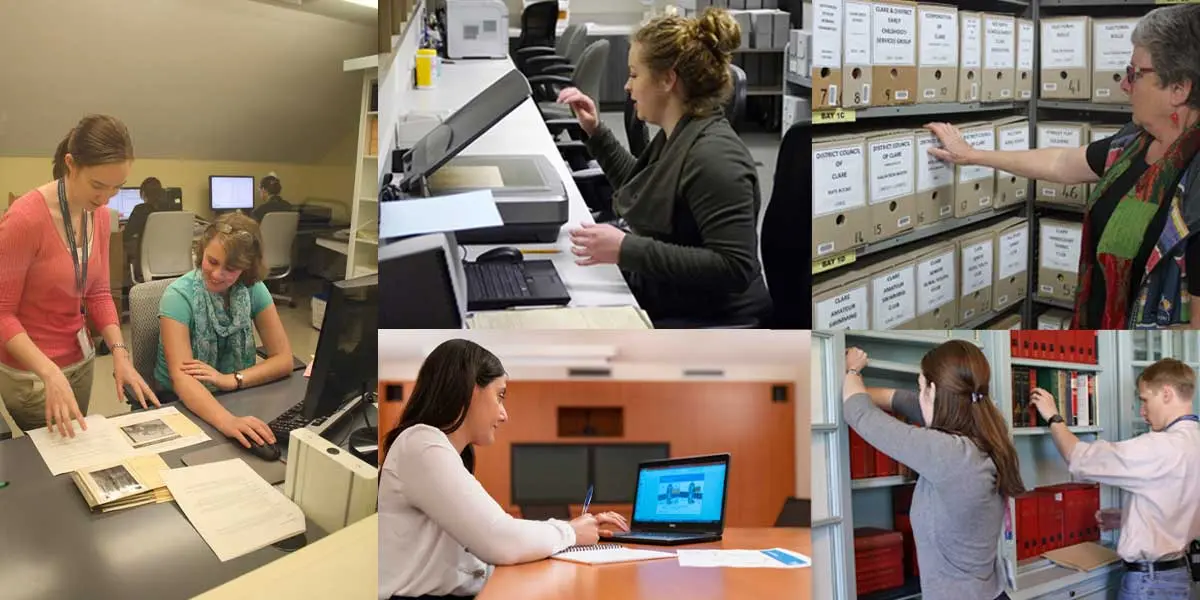
Connection and Convergence: Archivists and Records Managers

Mastering People Skills in Archives

Delivering Archival Results

Enhancing Archival Practices with Evaluations
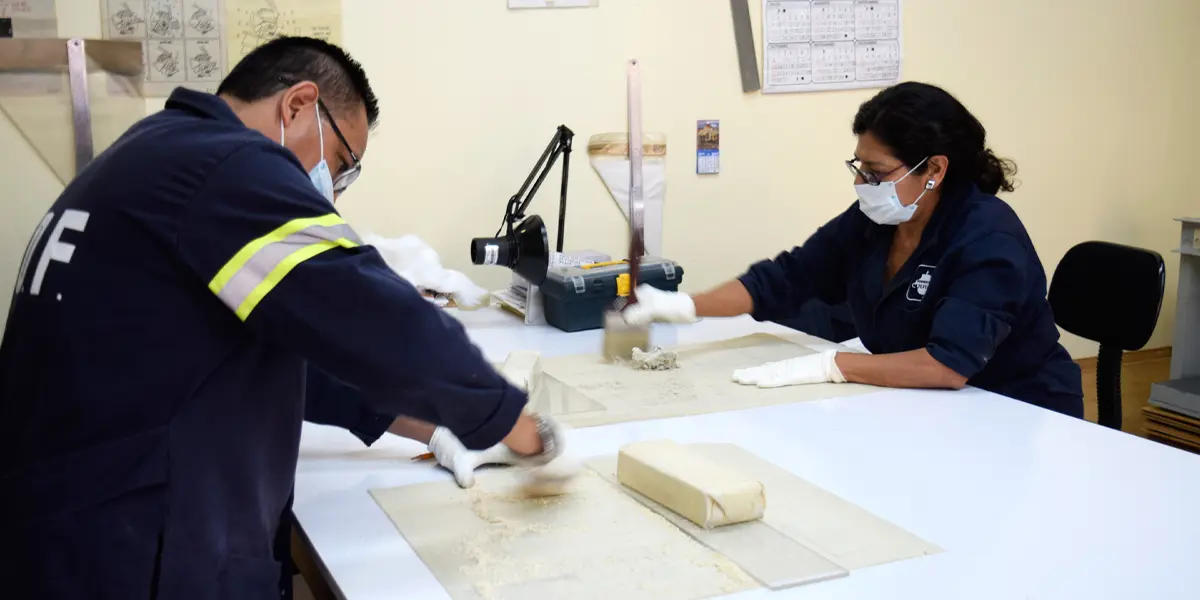
Archival Preservation and Conservation
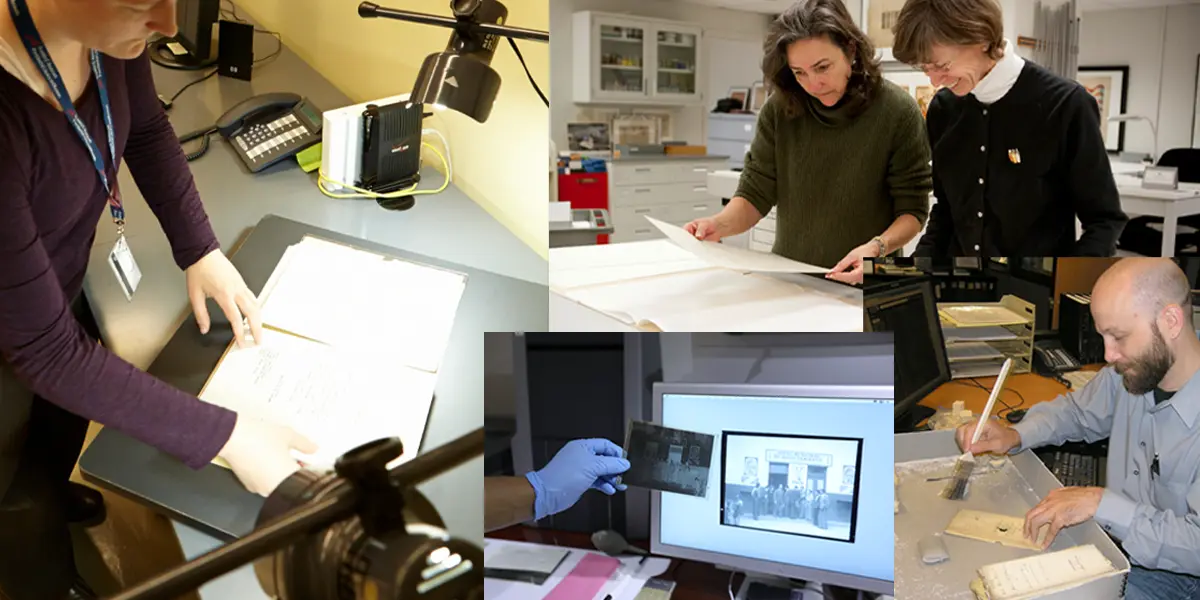
Processing for Archives
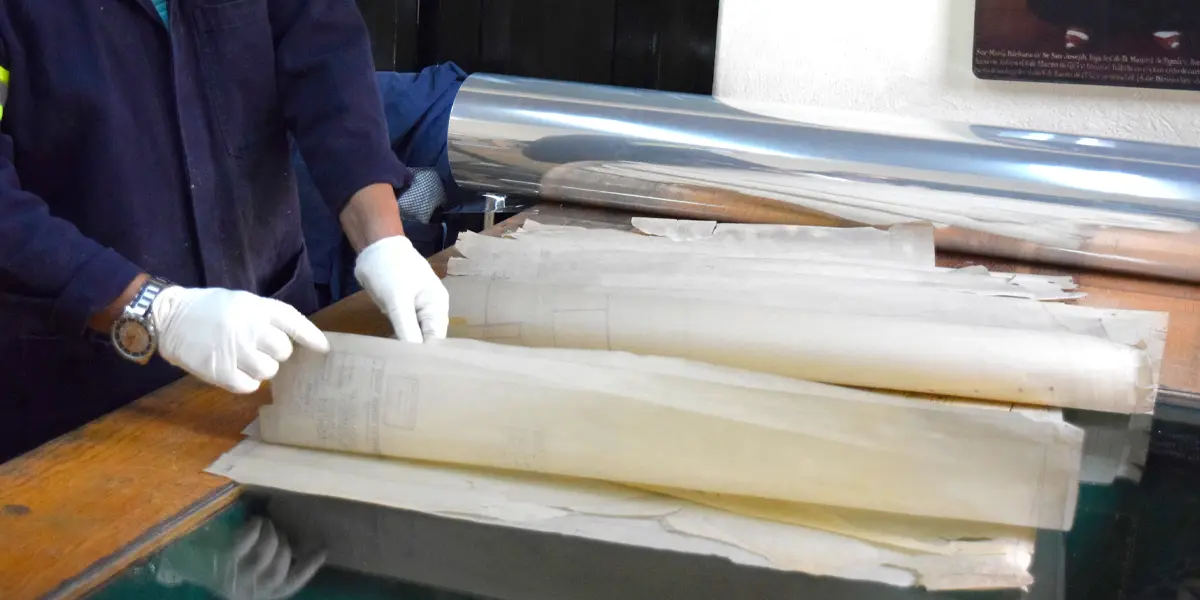
Developing Acquisition Strategies for Archives

Establishing Selection Criteria for Archives Collection Development

Building a Purposeful Archives

Understanding the Archives’ Purpose

Archival Collection Development Policies
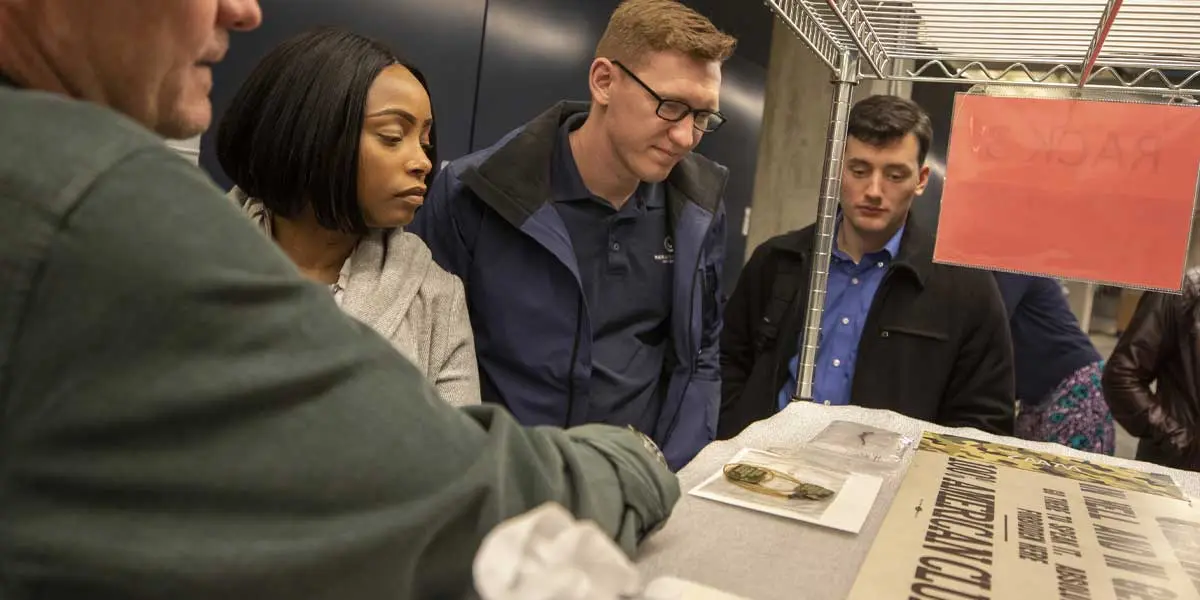
Securing Buy-in for Archival Programs

Conducting Oral History Interviews: Guidelines for Archivists

Why Oral Histories Matter

Elements of a Records Survey Worksheet

Surveying Organizational Records

Preserving Digitization Results
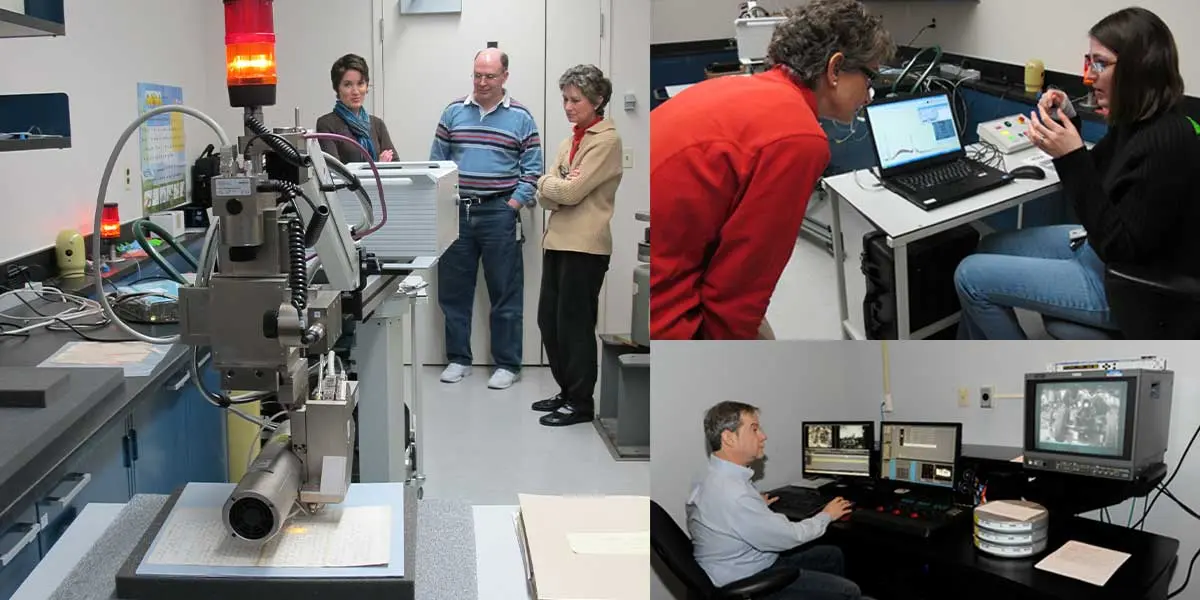
Investing in Archival Digital Projects

Strategizing for Digitization Projects
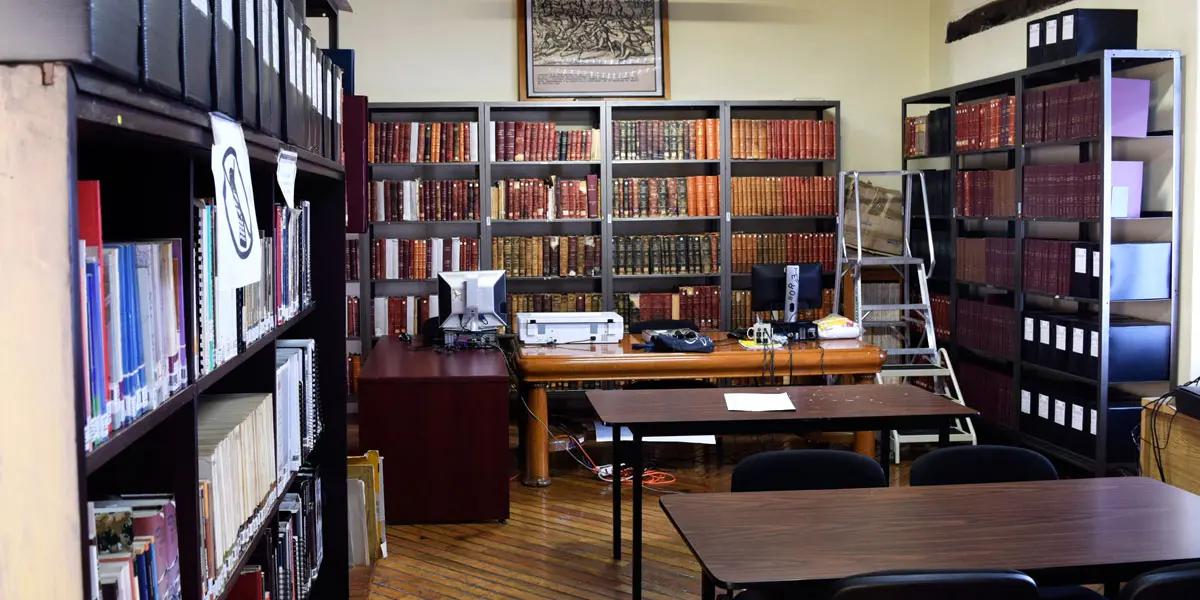
Reading Room Recommendations
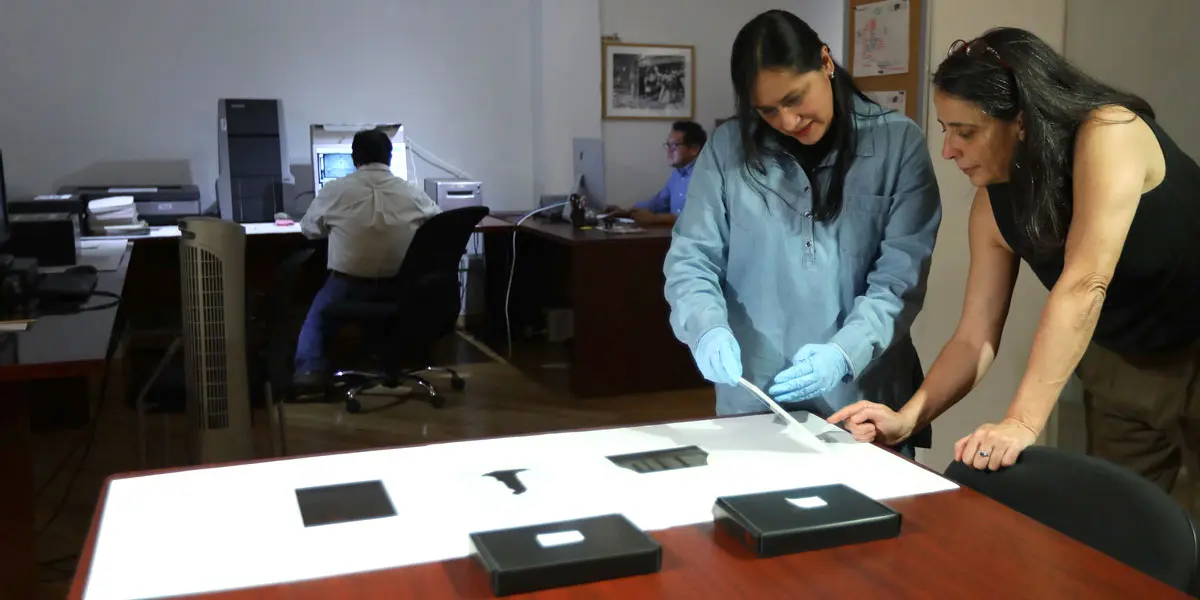
Processing Room Recommendations

Archival Storage Room Recommendations

Metadata Creation for Digitized Collections
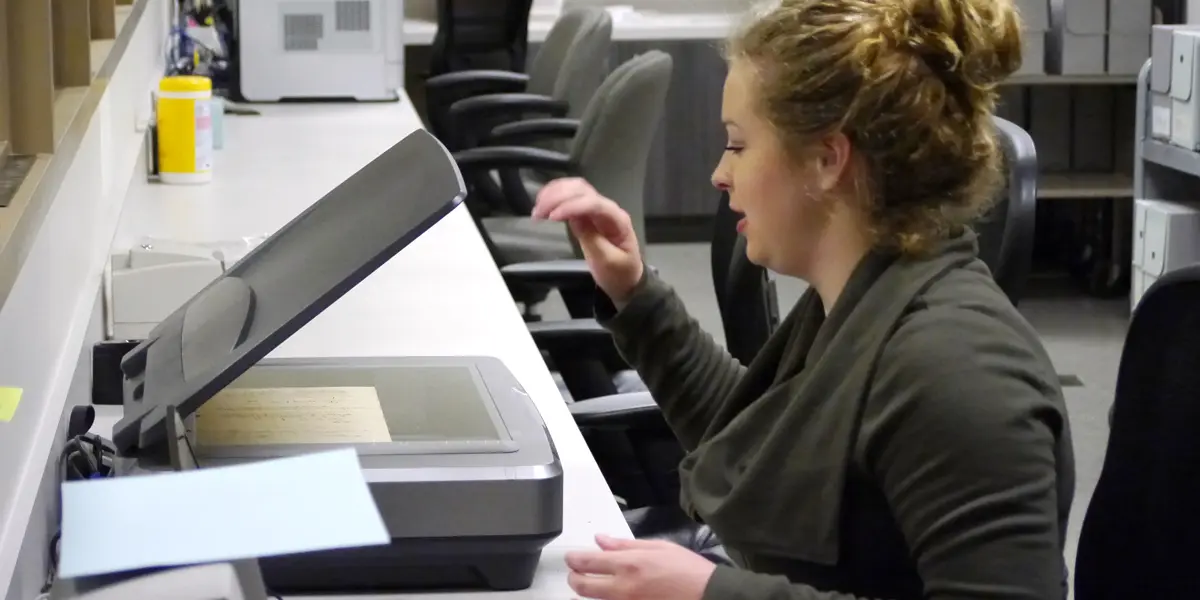
Descriptive Practices
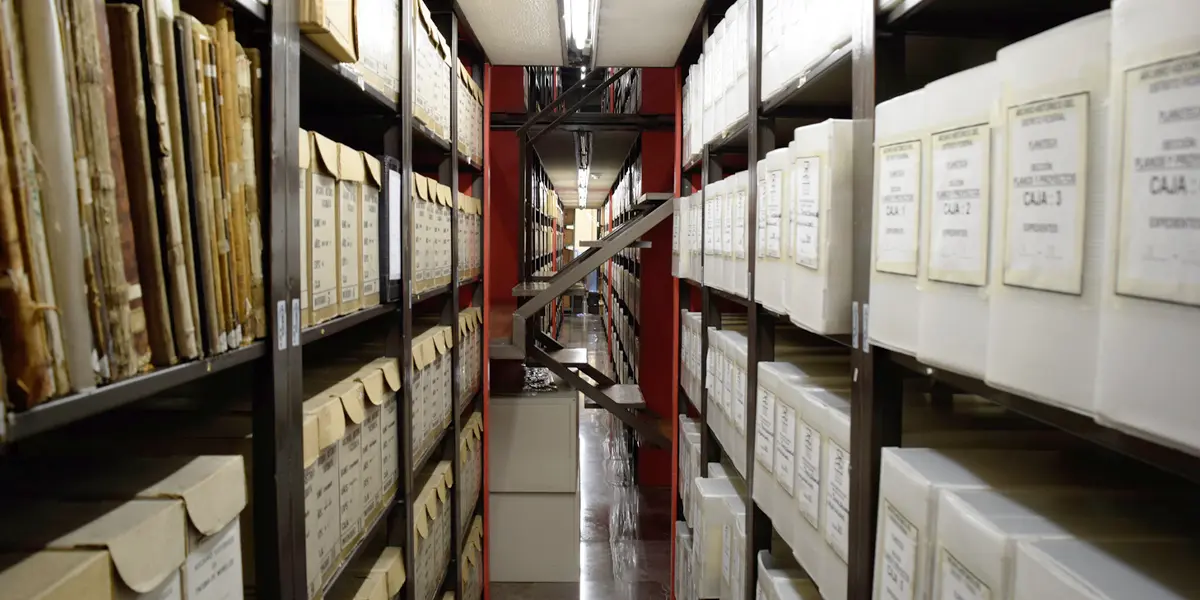
Description of Archival Collections

Quality Control and Post-Production in Digitization Projects

Digitization Labor Options

Digitization Planning and Cost Projection
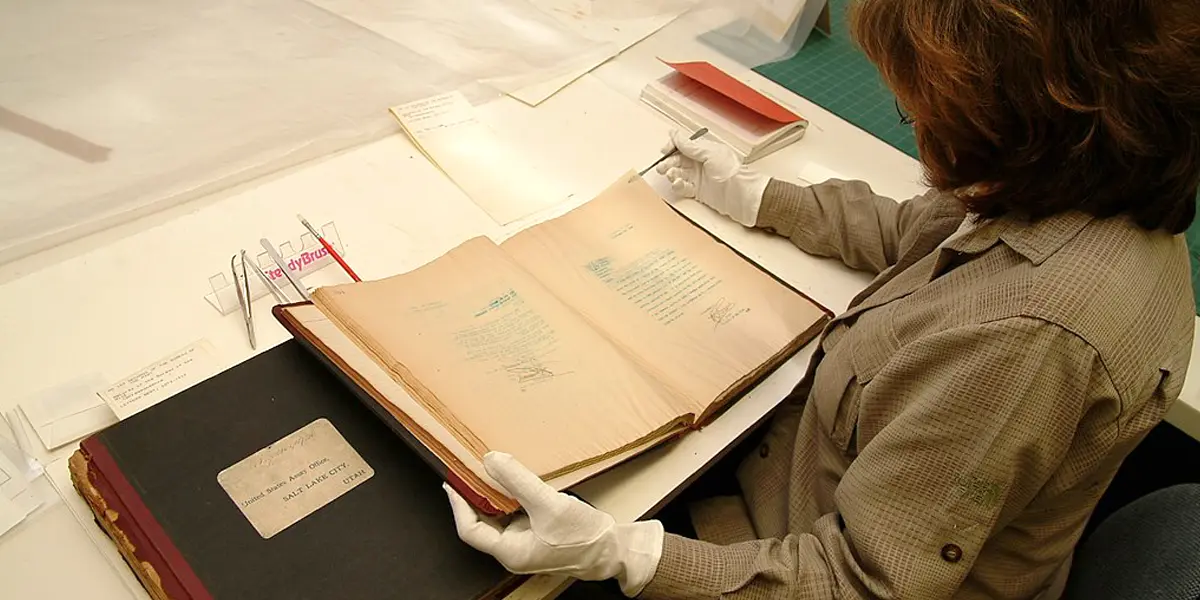
Selection Criteria for Digitization

Issues to Consider Before Digitization

Appraisal for Digitization

Creating Sustainable Digital Files; What Archivists Need to Know

Dynamic Range and Resolution for Digitization Projects
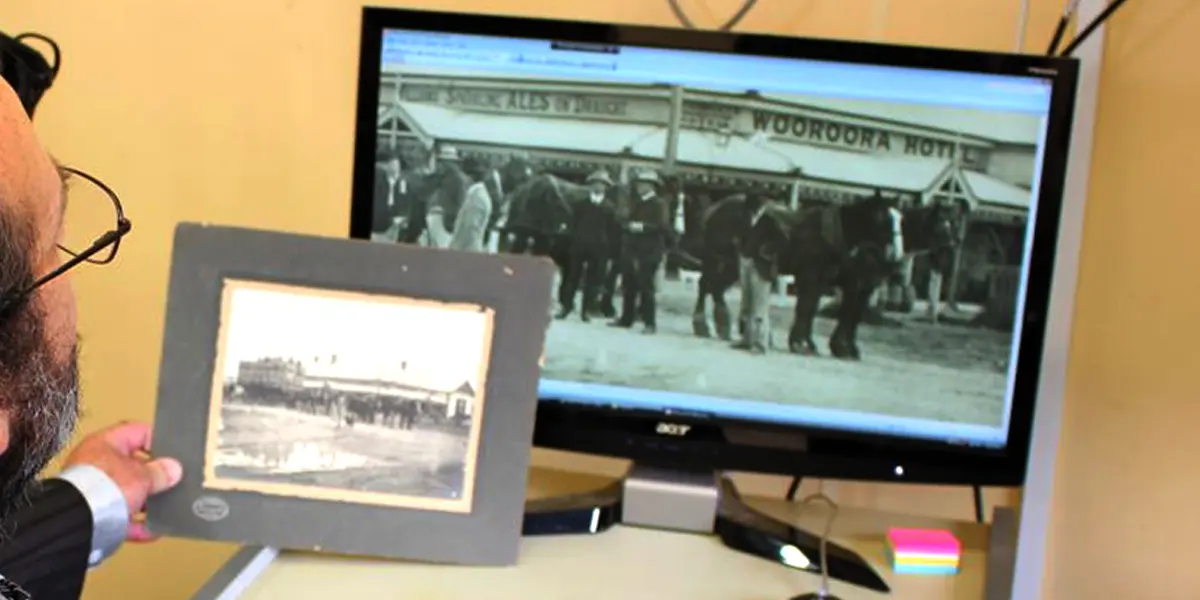
Digitization Basics for Archivists

Ready to Read: The Digital Decisive Moment—Transformative Digitization Practices
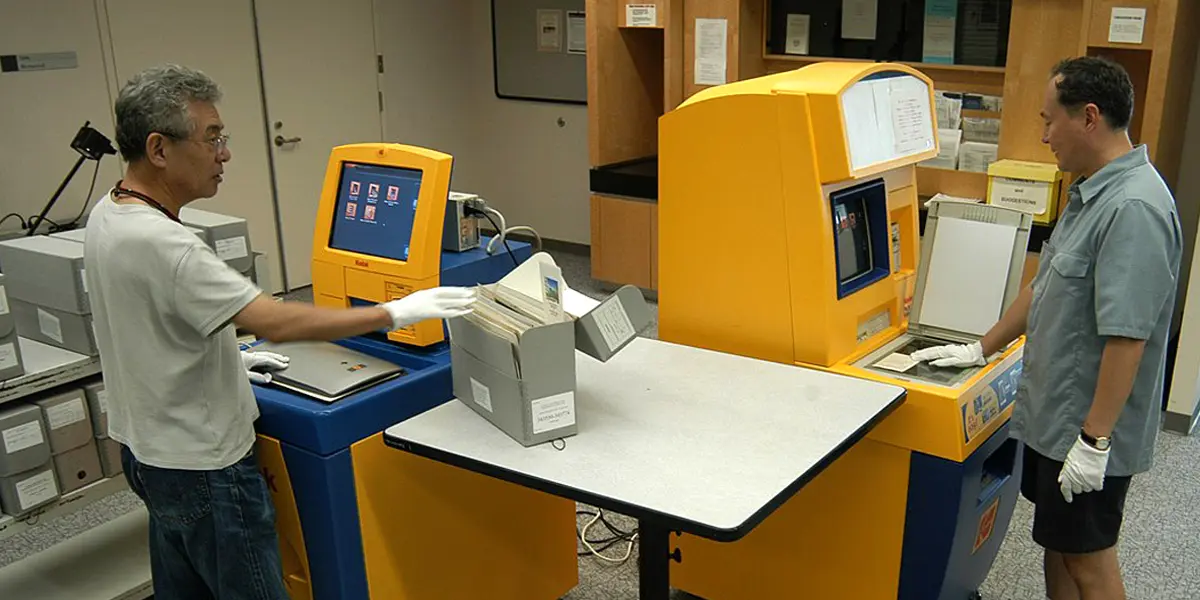
The Business Case for Archival Digitization

Digitization in a Post-Pandemic World
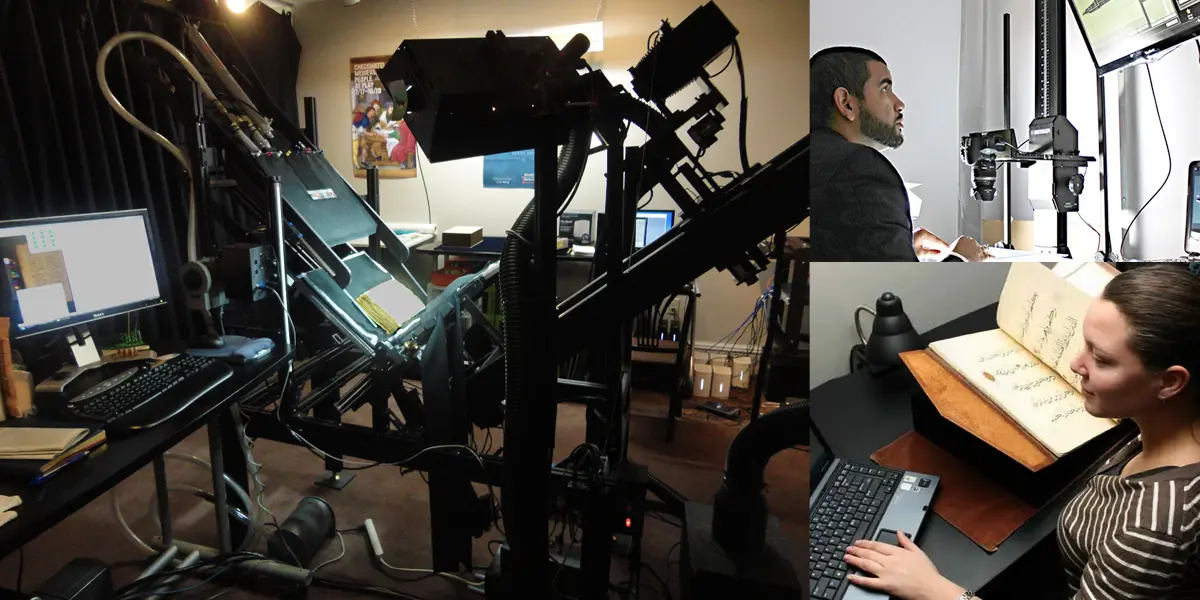
The Benefits of Digitization

The Purpose of Corporate History

Identifying Records for Retention
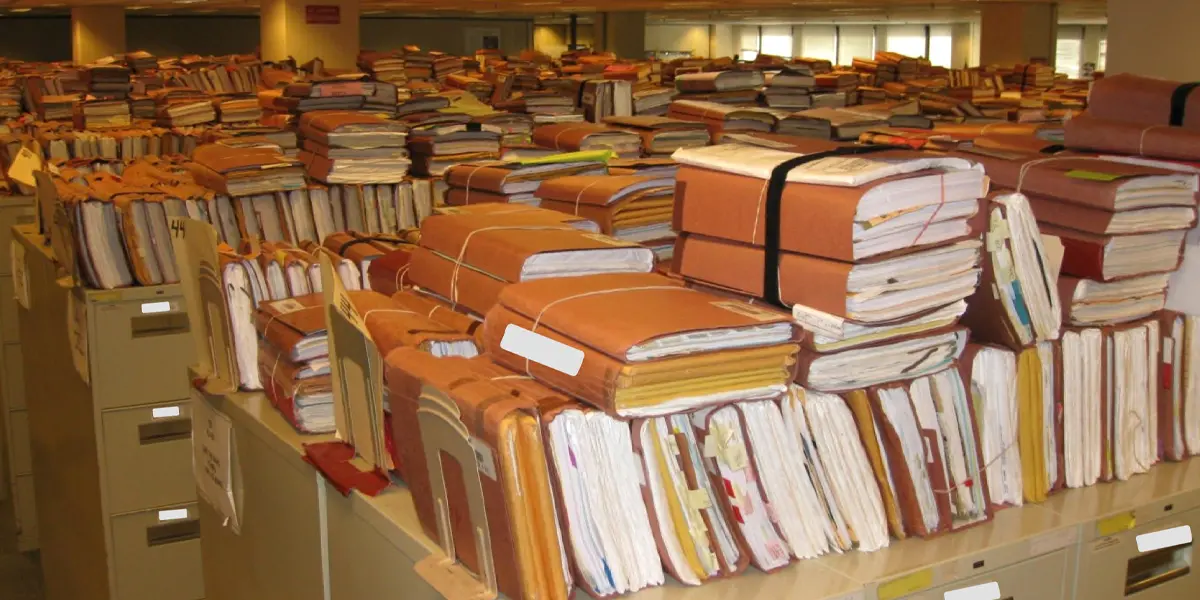
Record Filing Methods and Maintenance
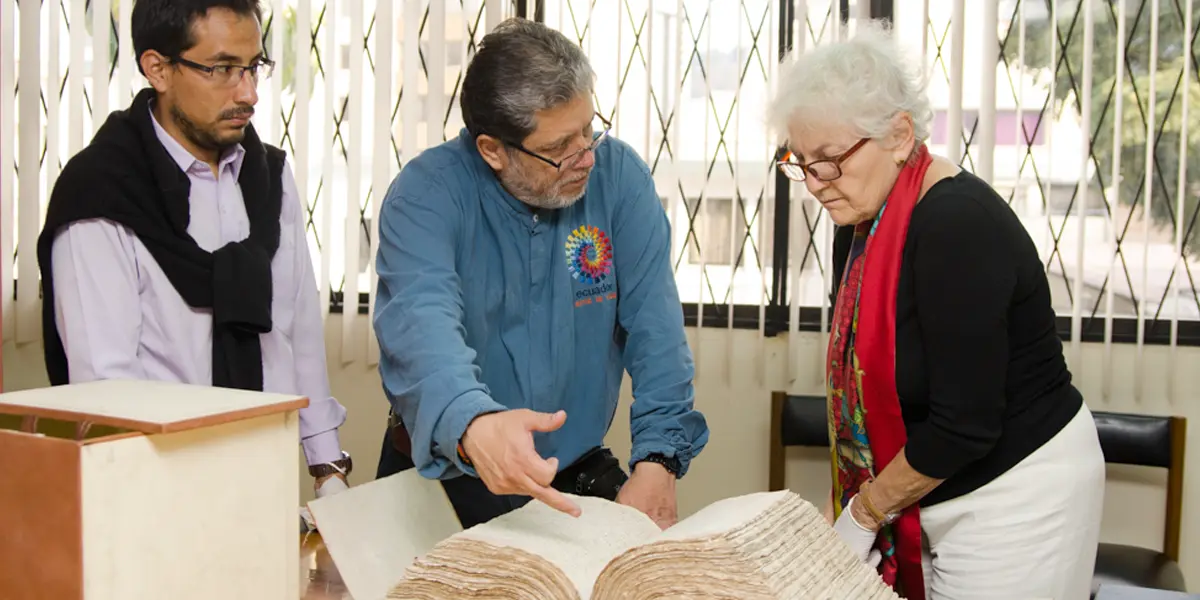
Conducting a Records Survey

Archival Arrangement Principles

Archival Program Advantages

Advocating for Archives: Tips for Archivists
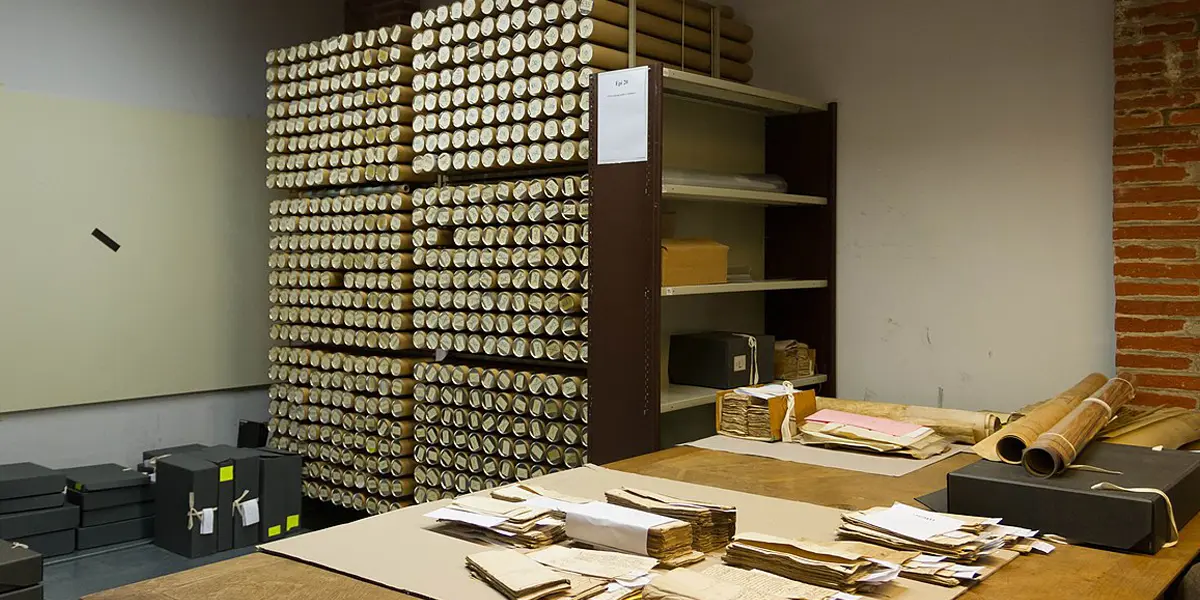
Offsite Storage for Organizational Archives
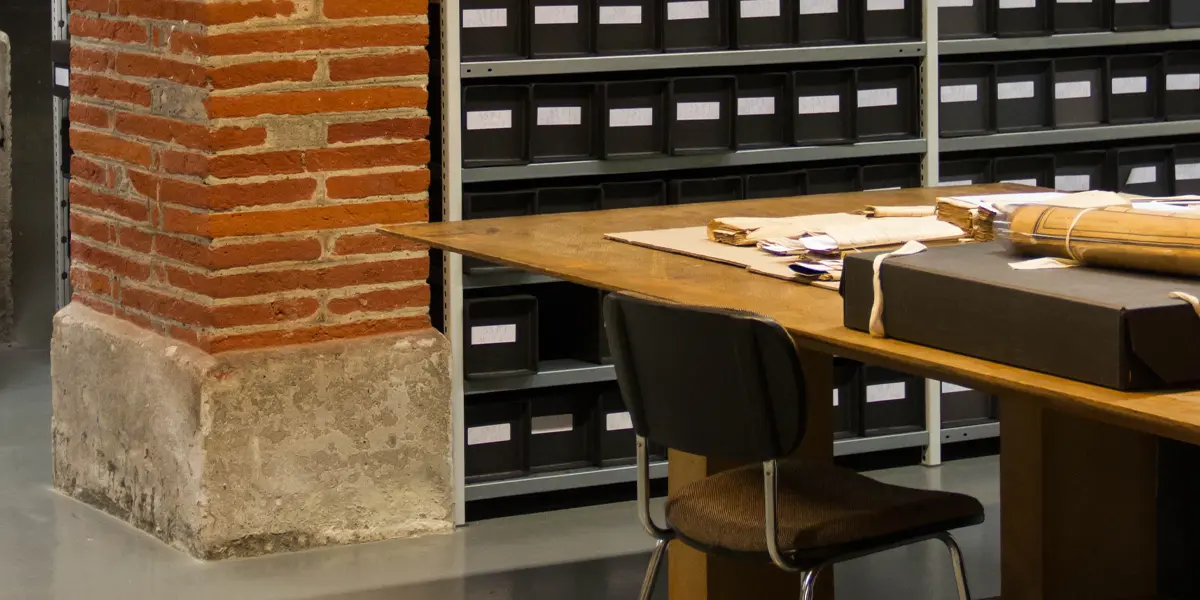
Placing Organizational Archives in Repositories

Public Use of Organizational Archives
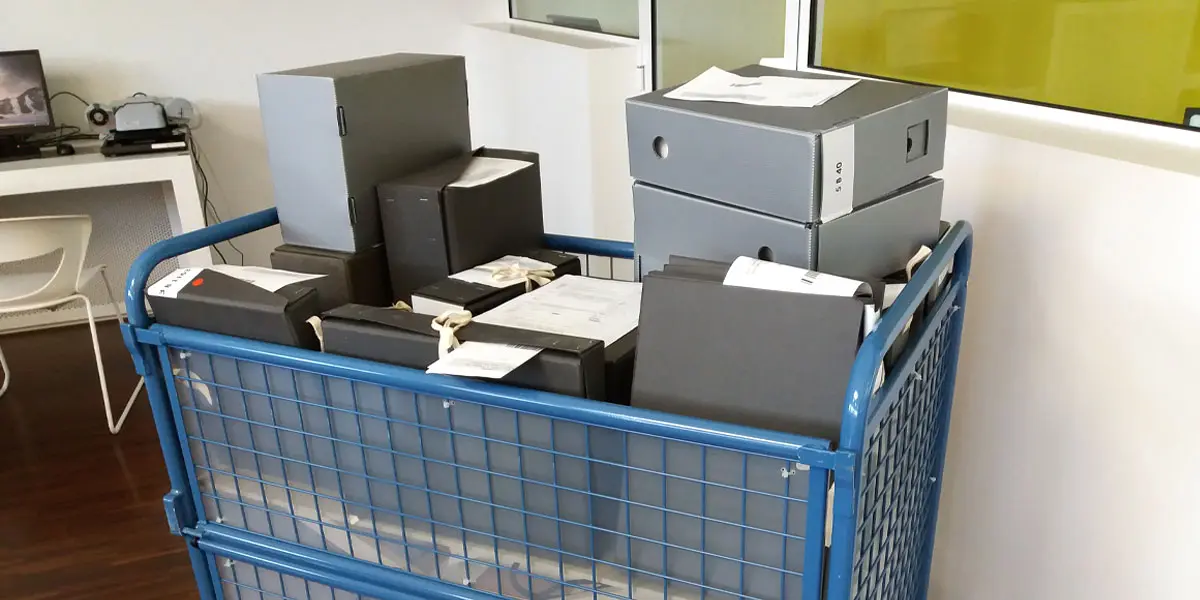
Arrangement and Description; The Value of Archival Labor
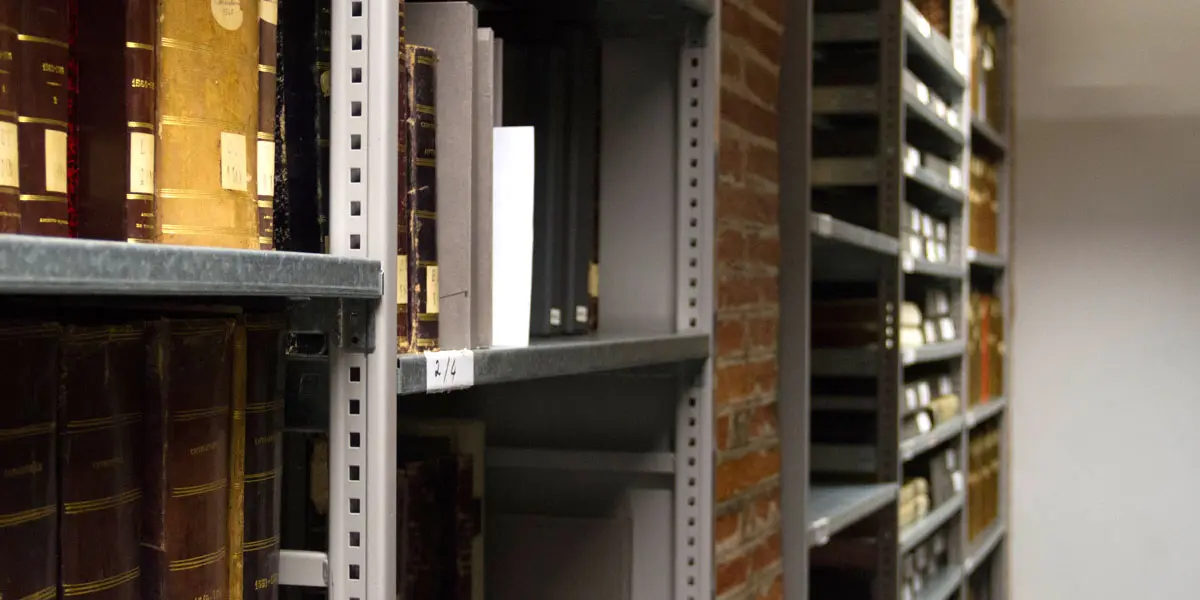
Records Disposition for Archives
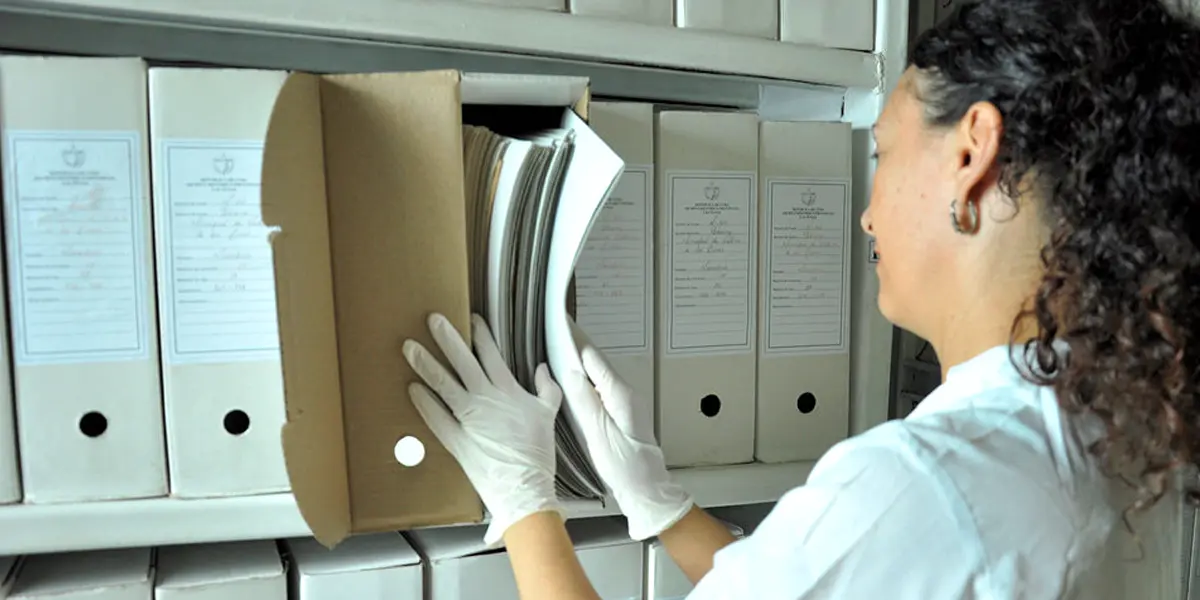
Safe Storage for Archival Preservation
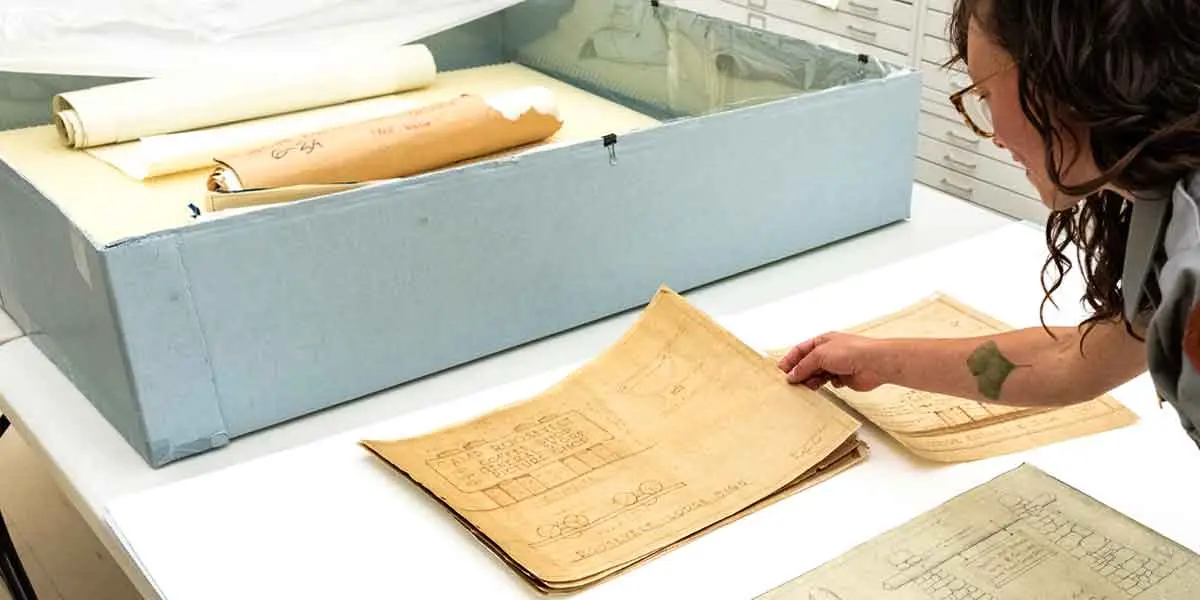
Archives Assessment Questions
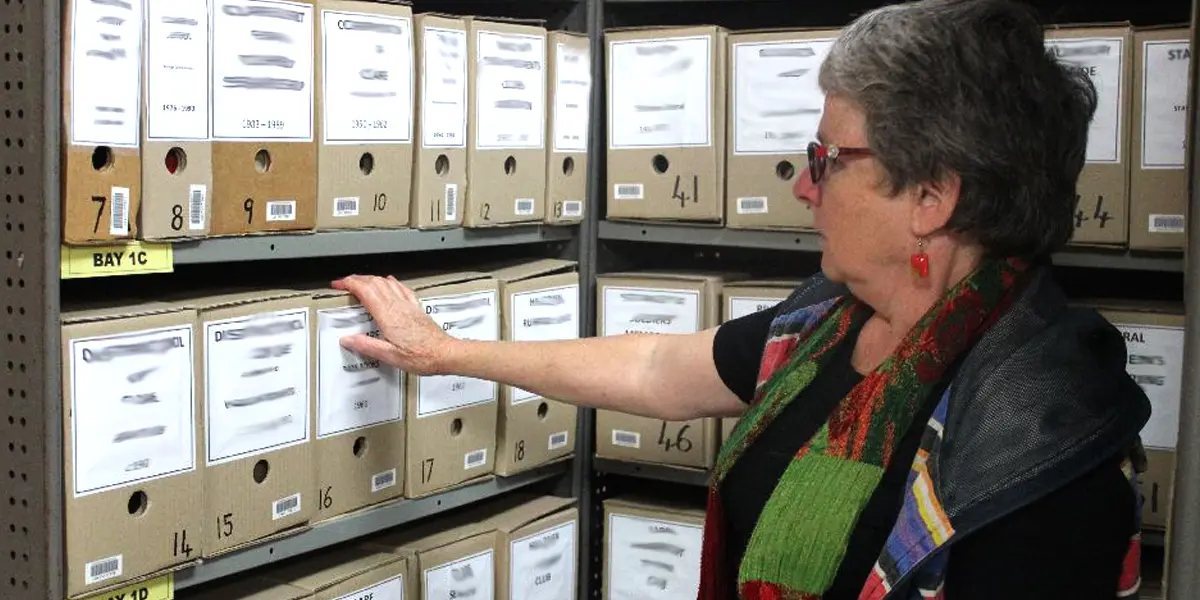
Assessing the Archives Program
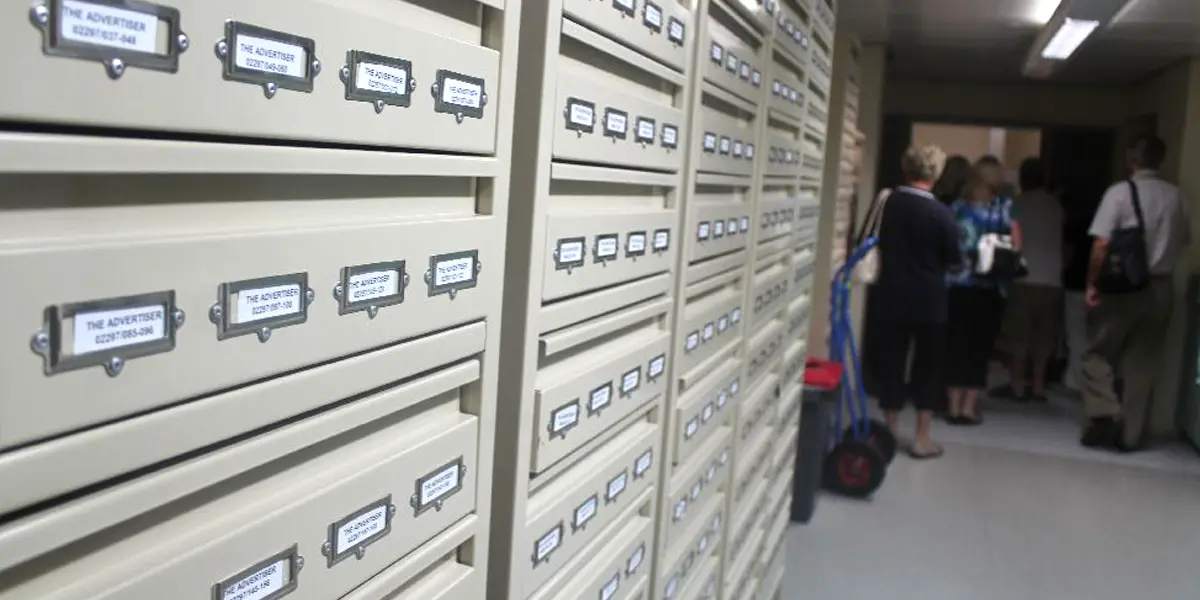
Building Support for Archival Programs
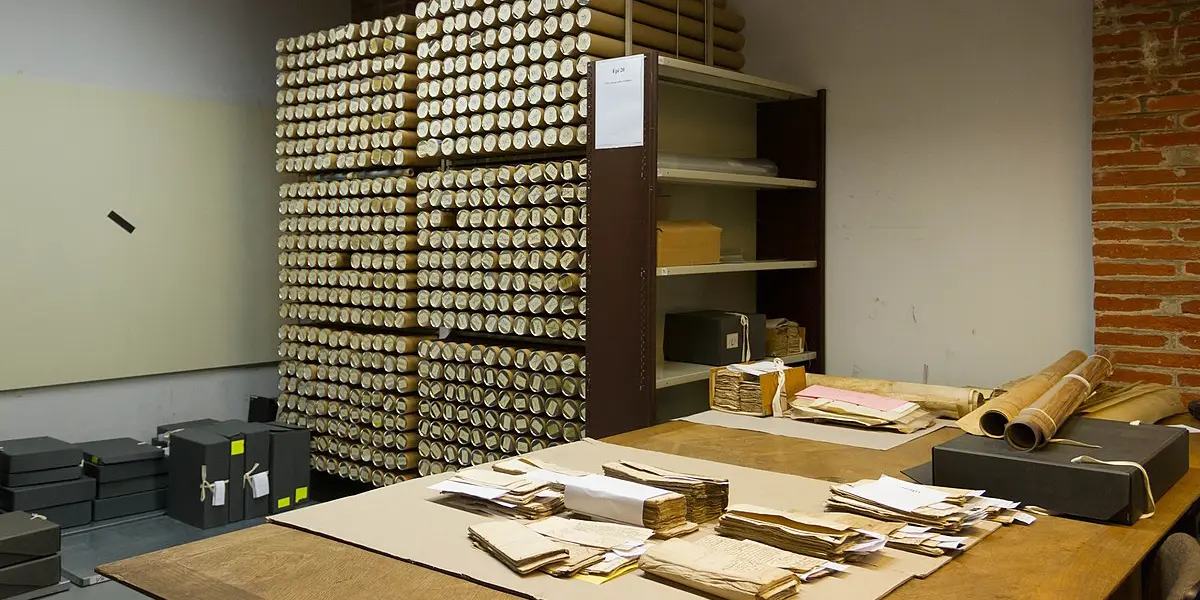
Preserving Organizational History
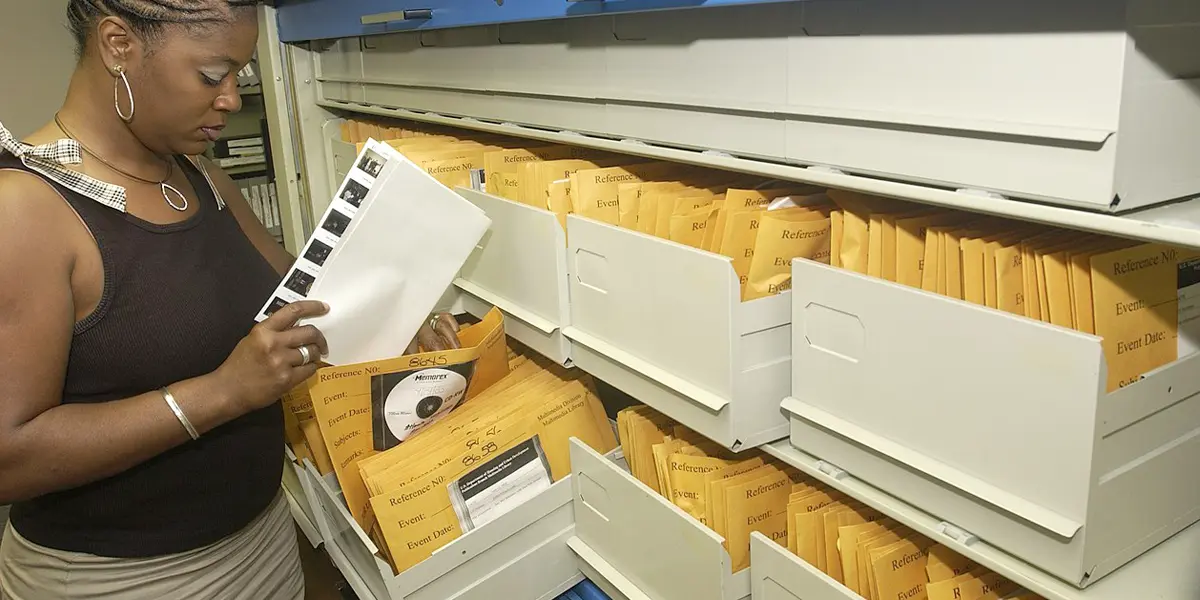
Records and Archival Management within Organizations

Leading with Organizational Archives

Email Management and Archiving

Data Warehouses and Decision Support Systems; A Primer

Deciding Records Retention Parameters: A Primer
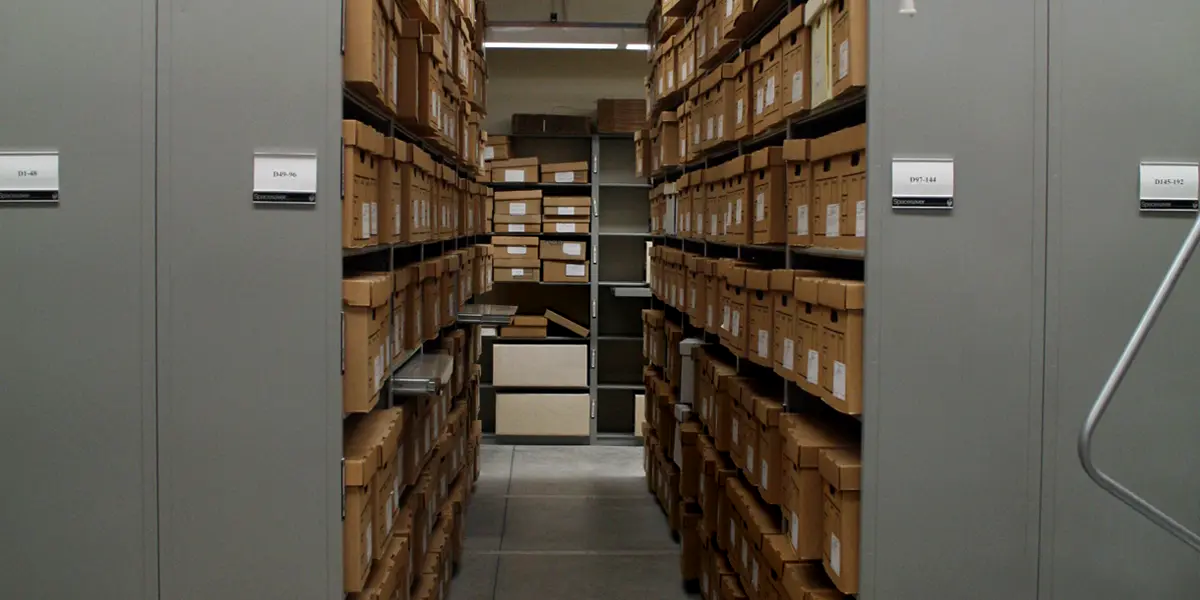
Records Retention for Archivists, Records Managers, and Knowledge Managers
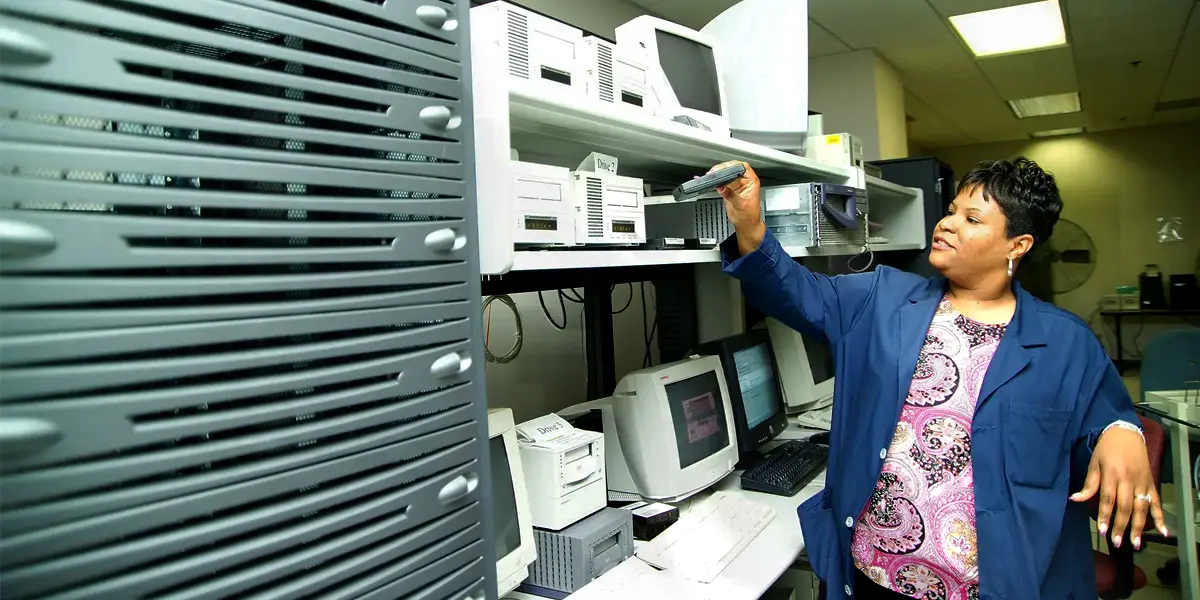
Inactive Storage of Electronic Records; Tips for Archivists & Records Managers
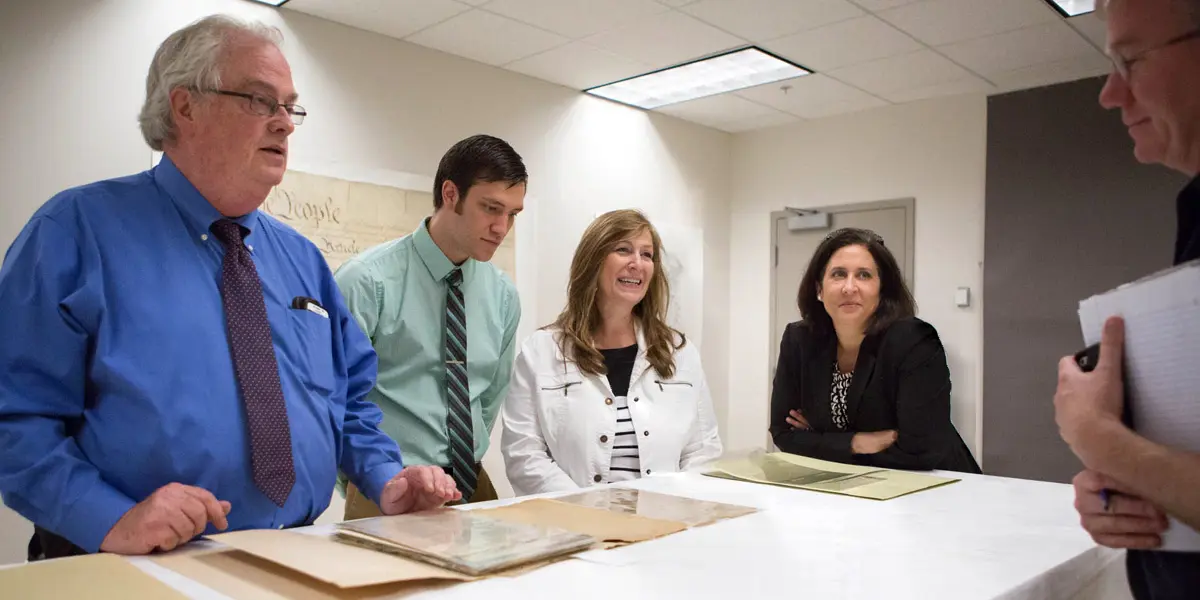
Authenticity, Reliability, Integrity, and Usability
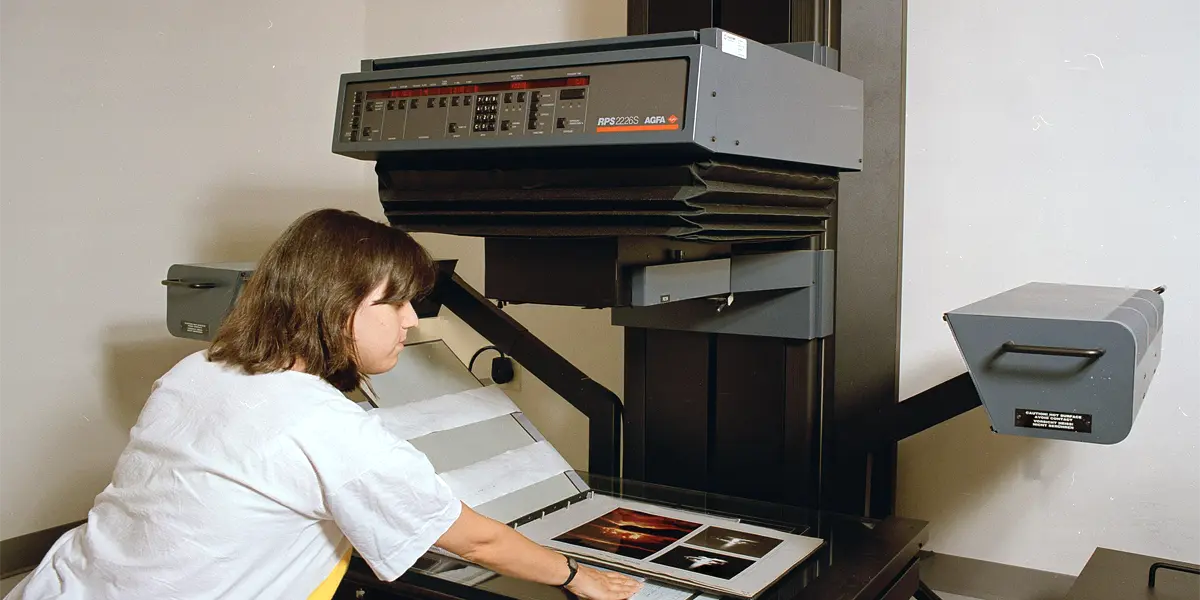
Archival Preservation Options
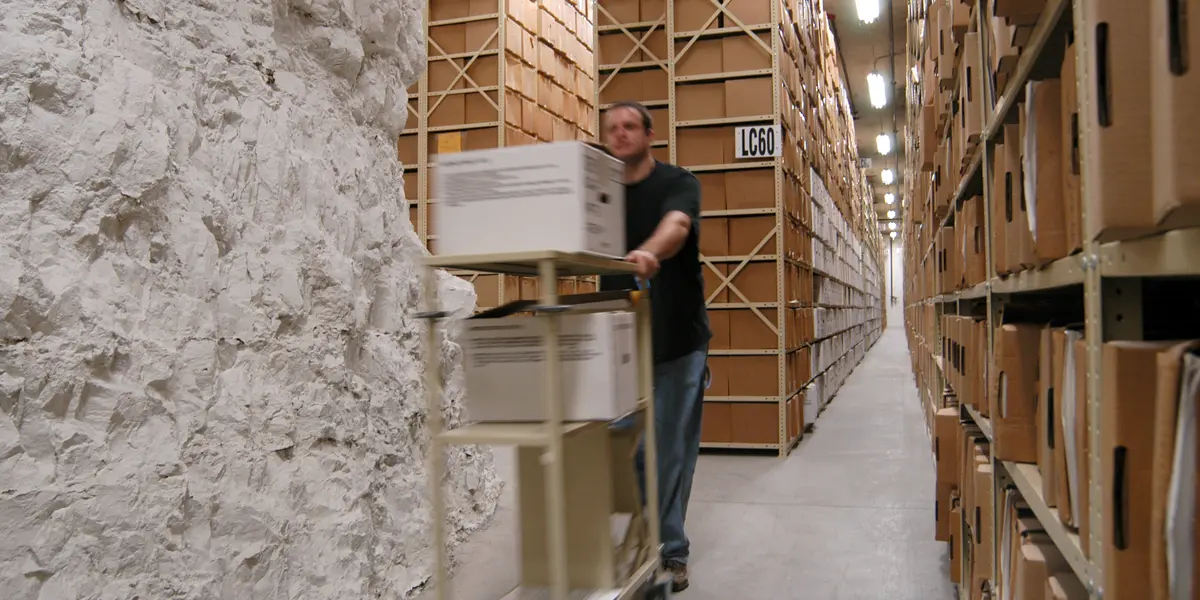
The Minnesota Method Explained
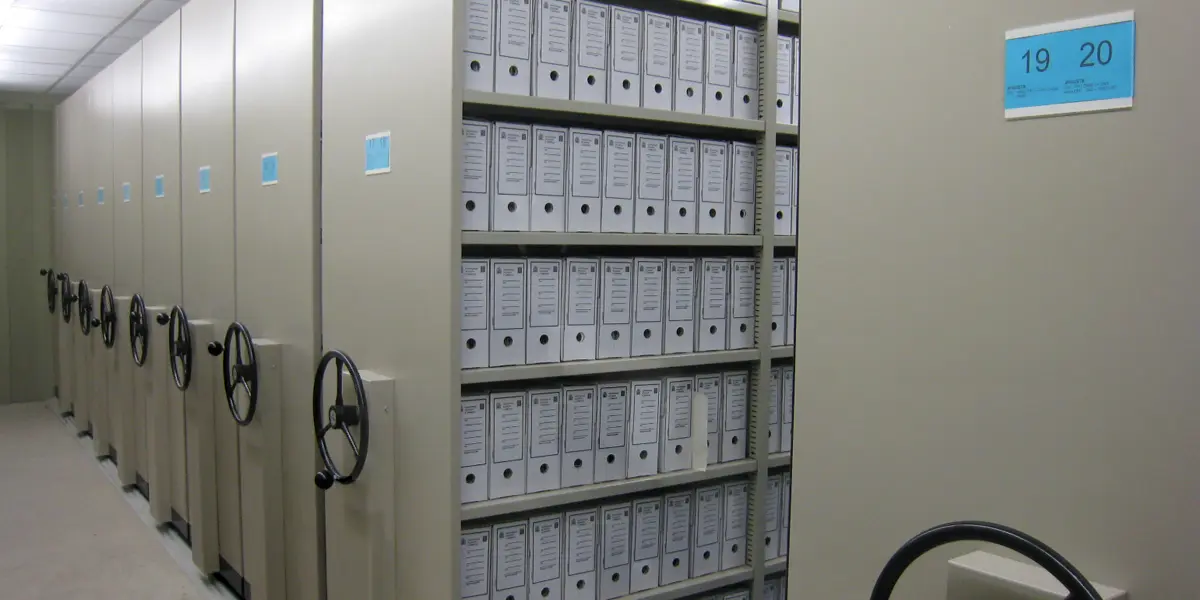
Introduction to Macro-Appraisal

Archival and Records Management Preservation

Deciphering Archival Software Solutions
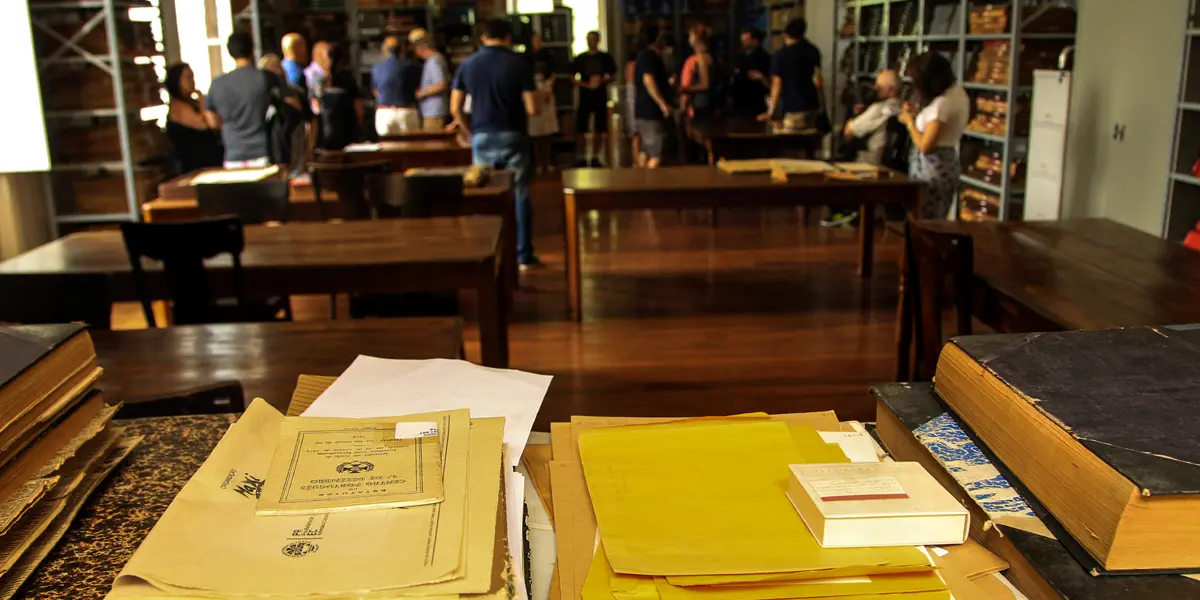
Archival Communication, Outreach, and Training

Interpreting Archives Through the Digital Humanities
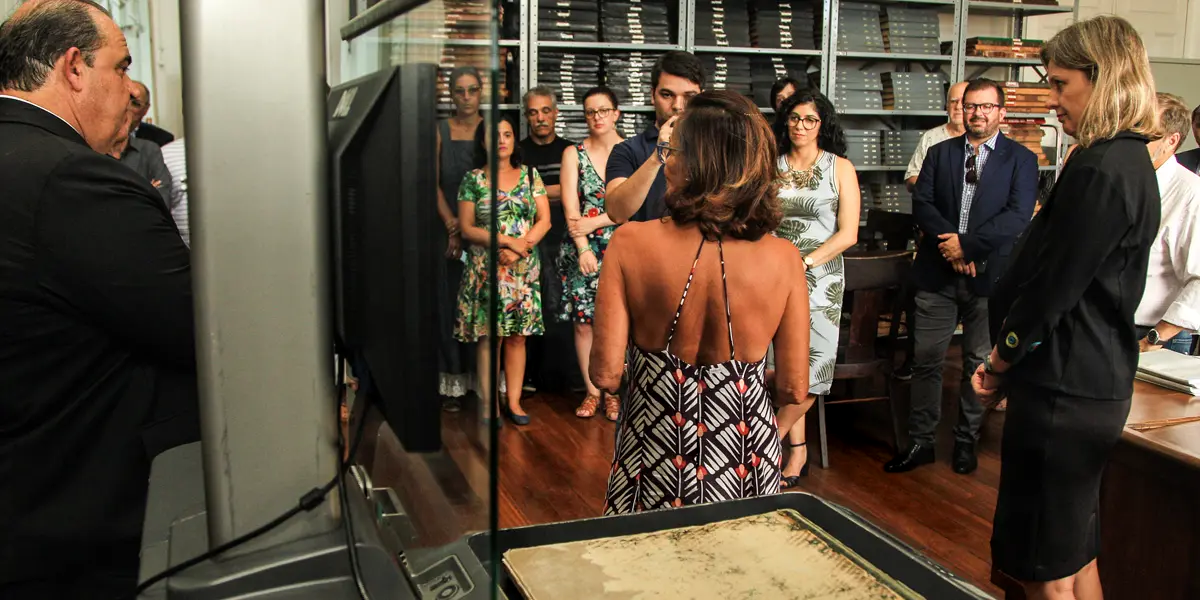
Communicating Archival Value
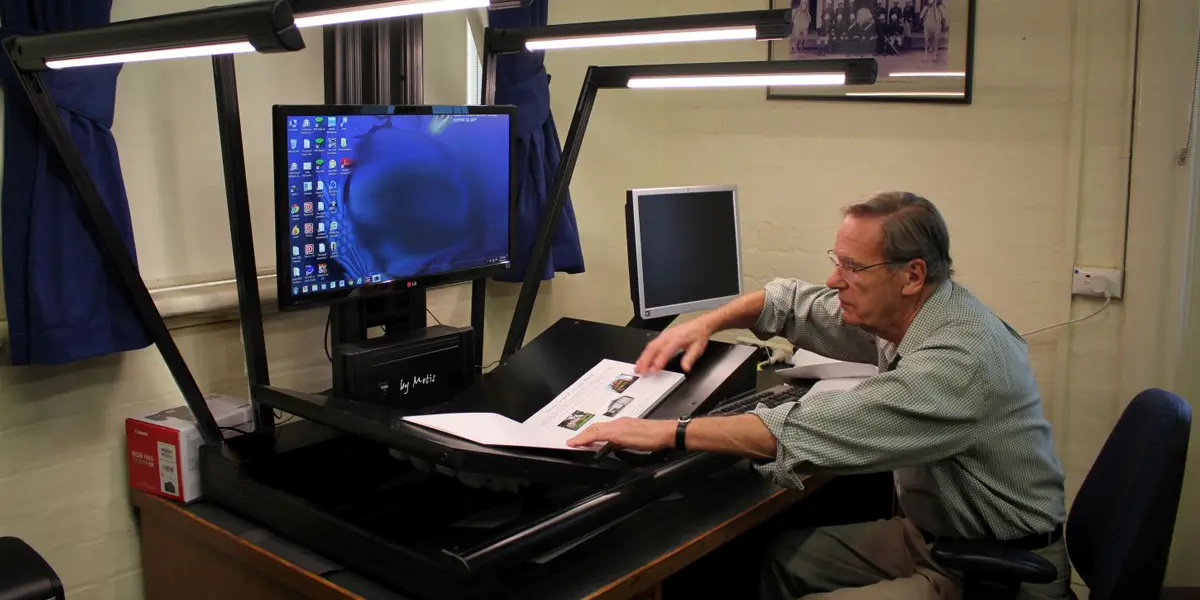
Technical, Organizational, and Cultural Considerations for Digital Preservation

Engaging with Artists in the Archives

Artist-Driven Archives
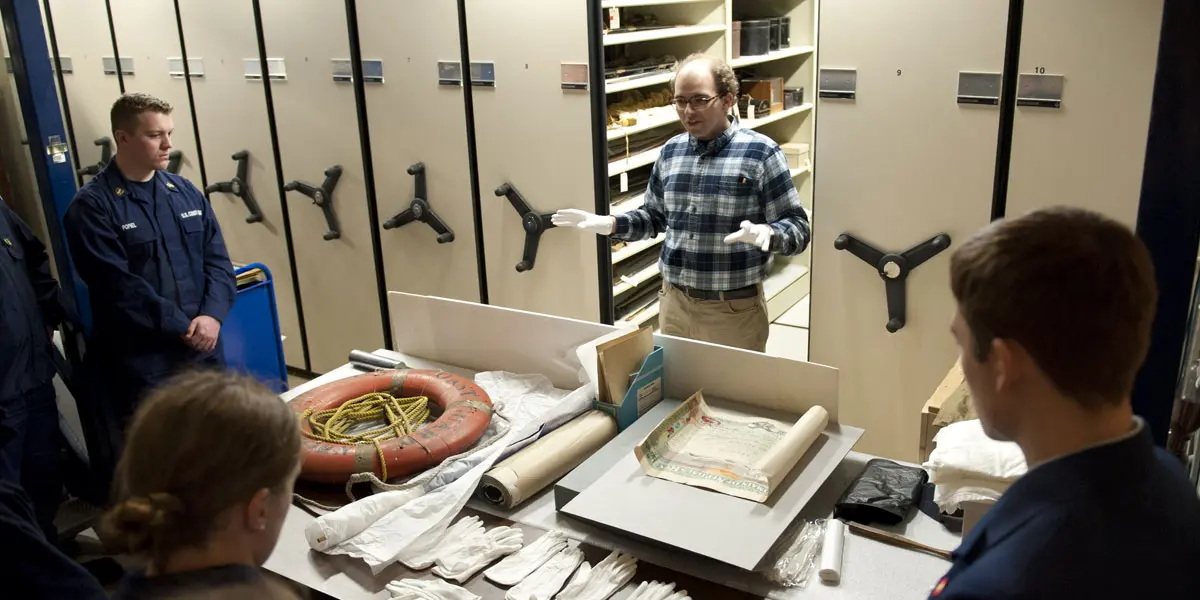
Creative Use of Archives

Recordkeeping Governance Policies
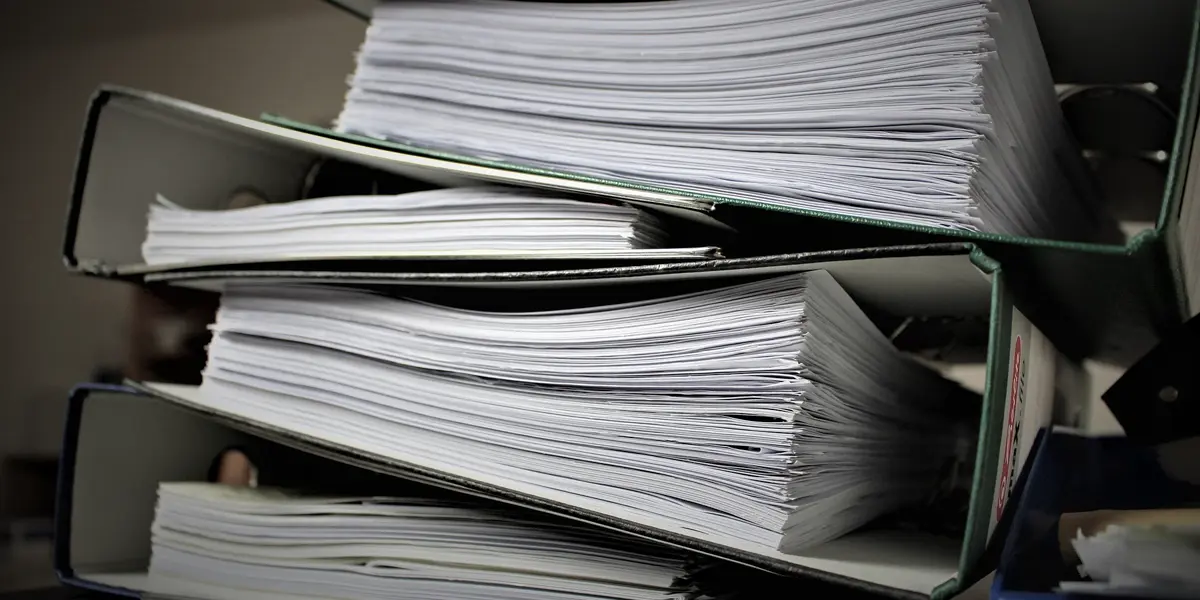
Records and Business Change

Connection through Genealogy and Family History
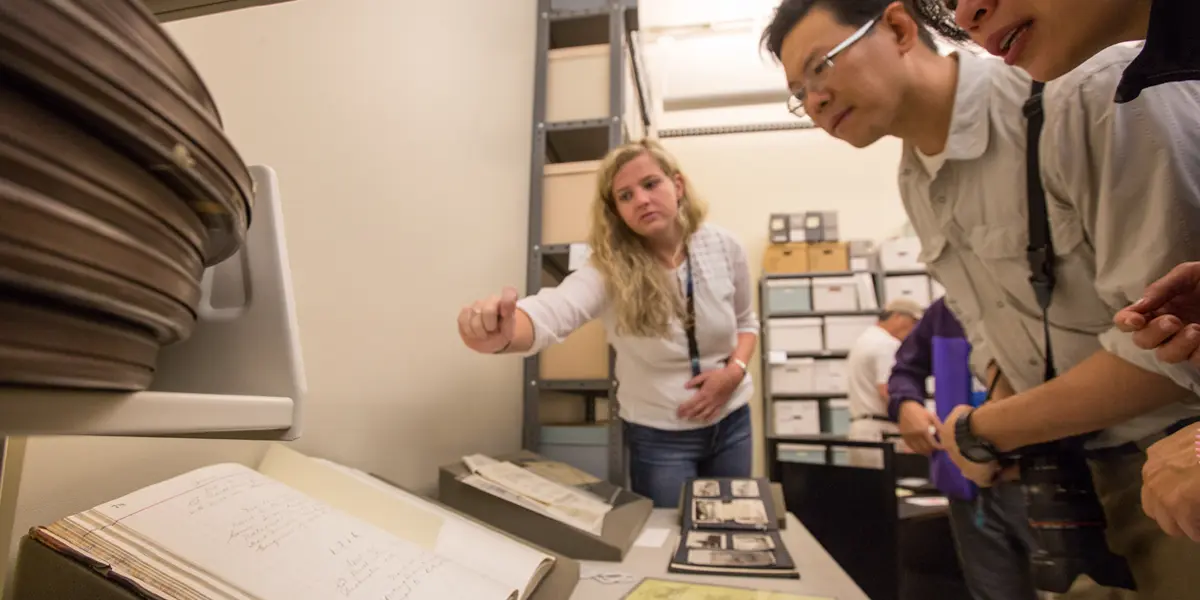
Connection with Users and Within Collections

Reusing Archival Content to Connect with New Audiences
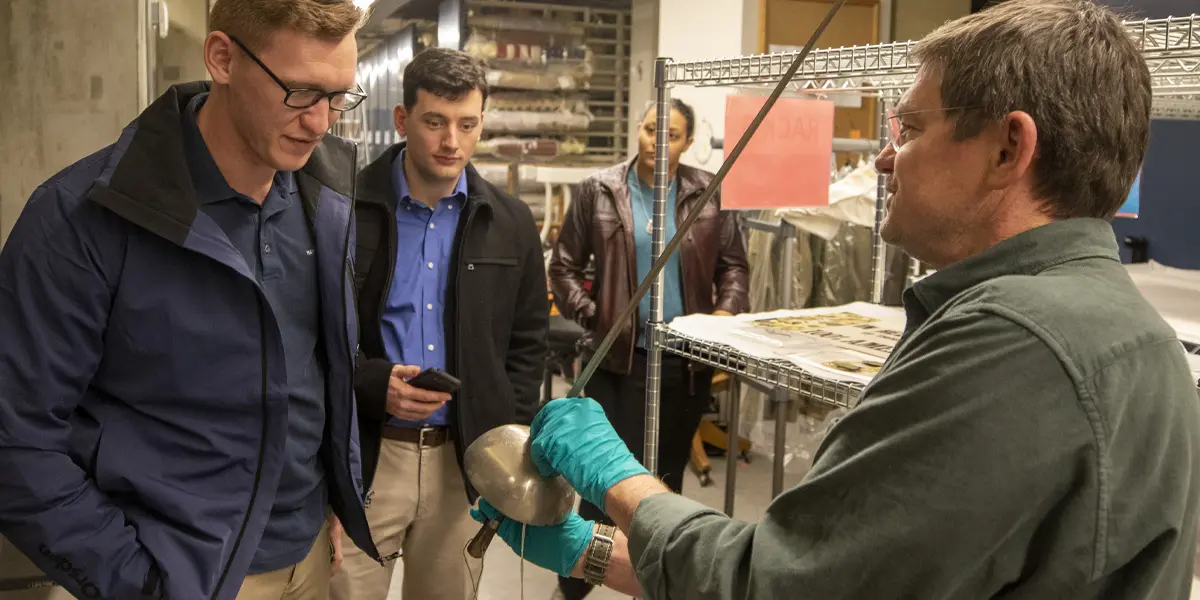
Visible Archives, Vital Communities
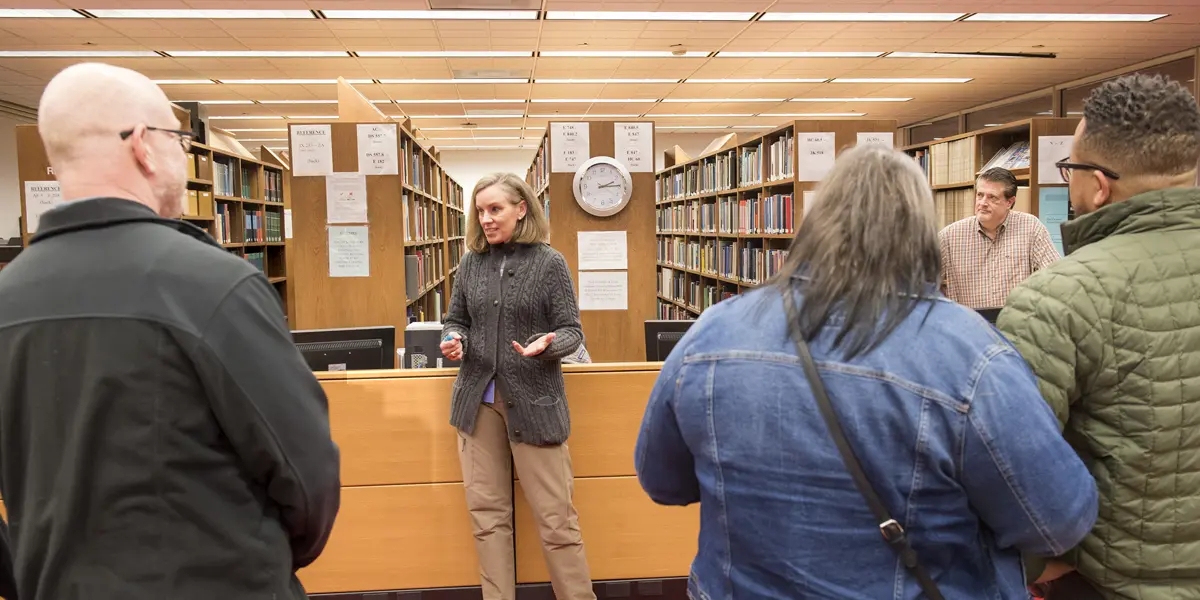
Spotlight on Archival Labor

Reaching New Audiences by Adapting Archival Materials

Access, Privacy, and Security Considerations for Archivists and Records Managers
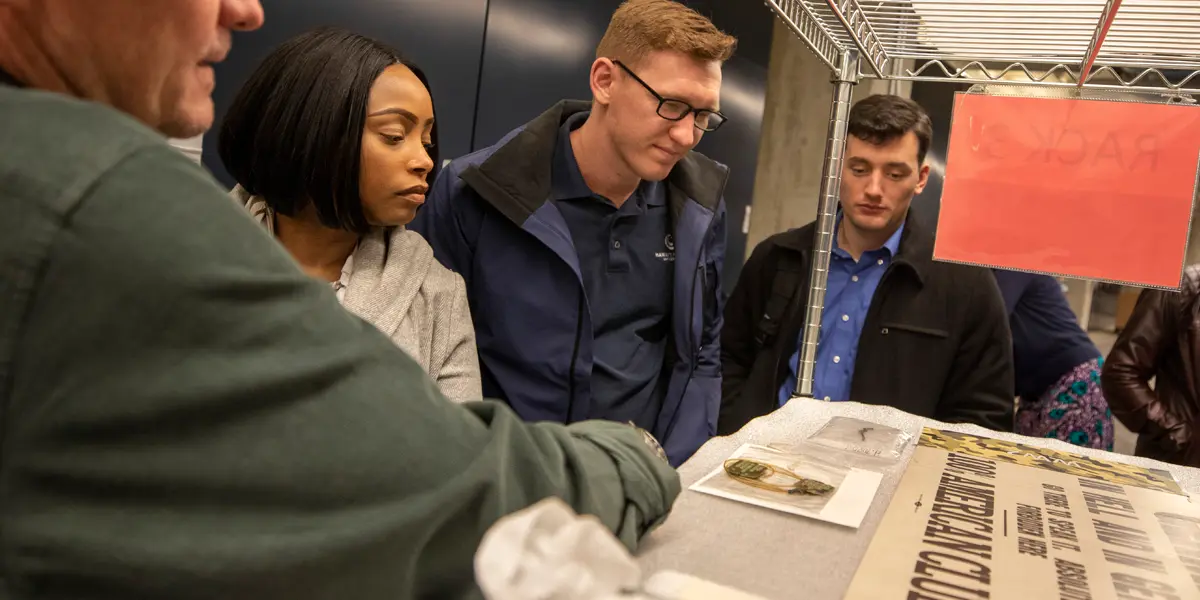
College and University Archives; An Evolving Role

The Ins and Outs of Business Archives
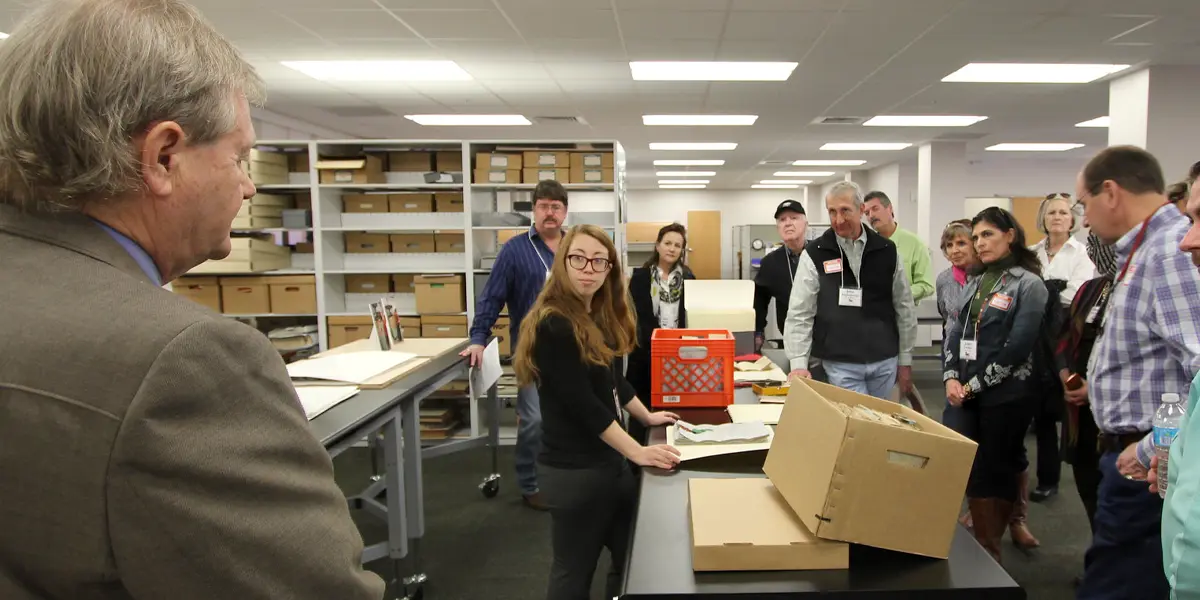
Government Archives; Democracy in Action
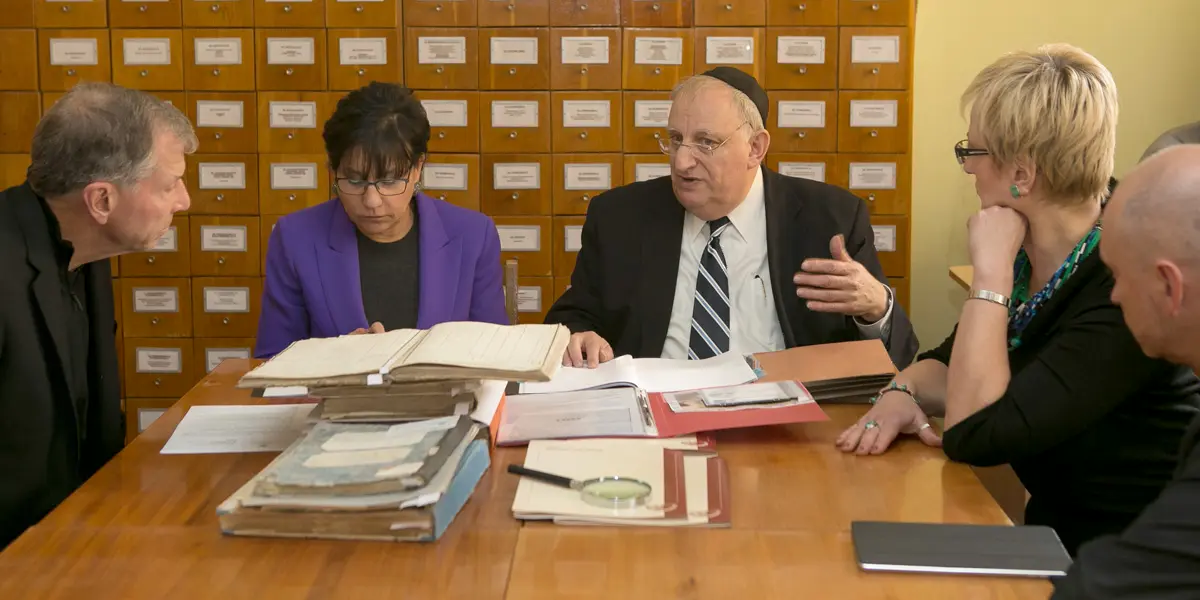
Building Archives Program Support

Archival Filing, Retrieval, and Management

Electronic Records and Traditional Archival Values
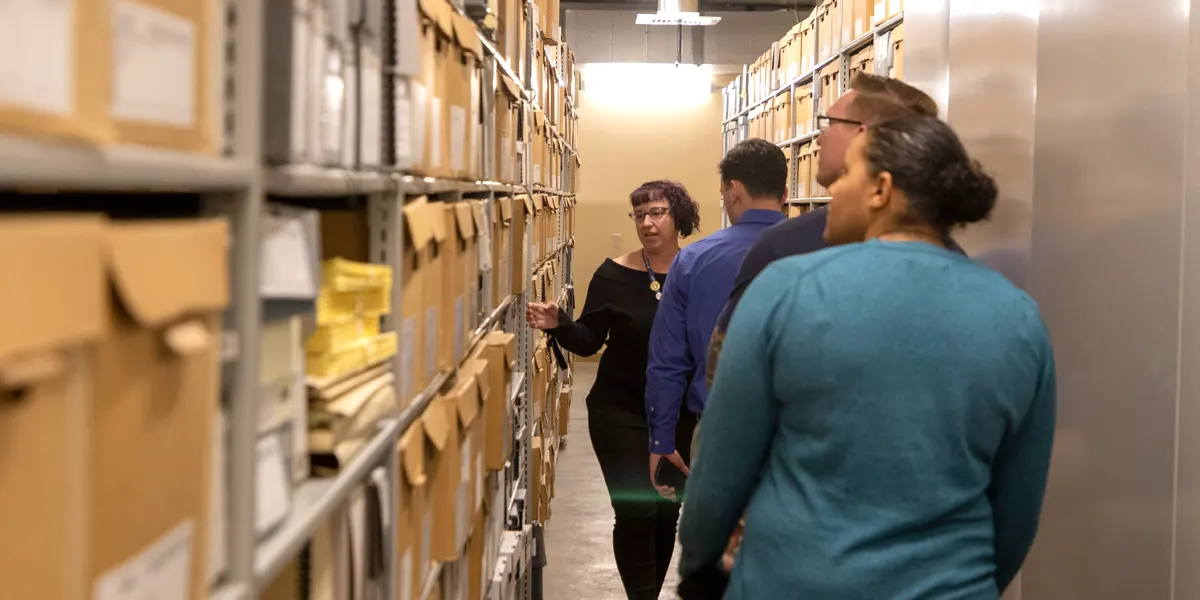
Records as Evidence and Information Containers
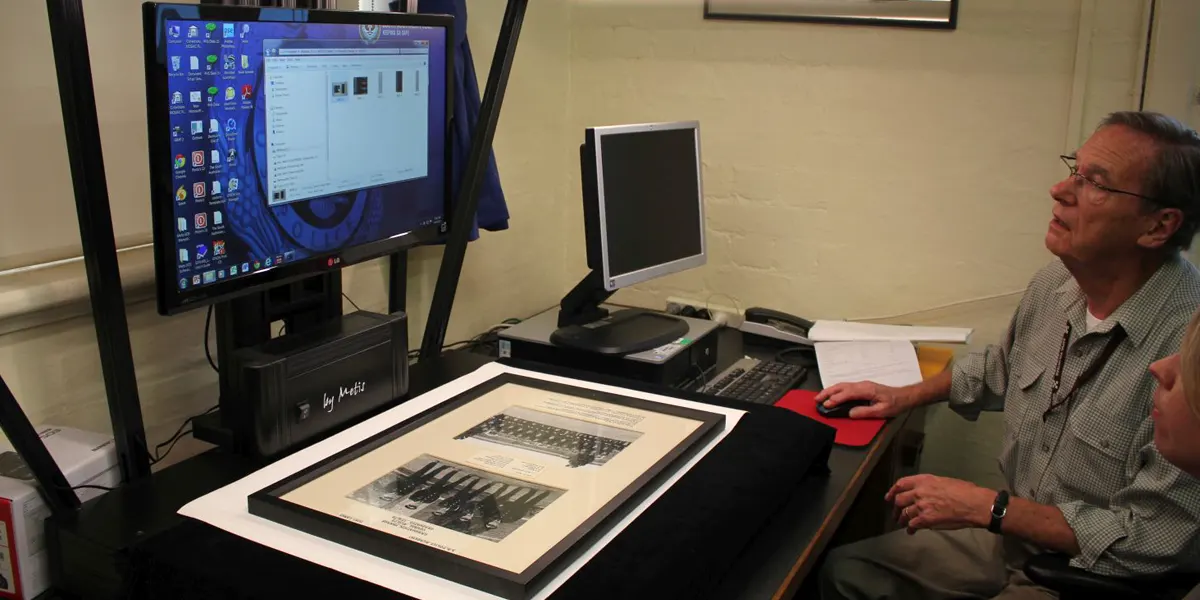
Preserving the Usability of Digital Records
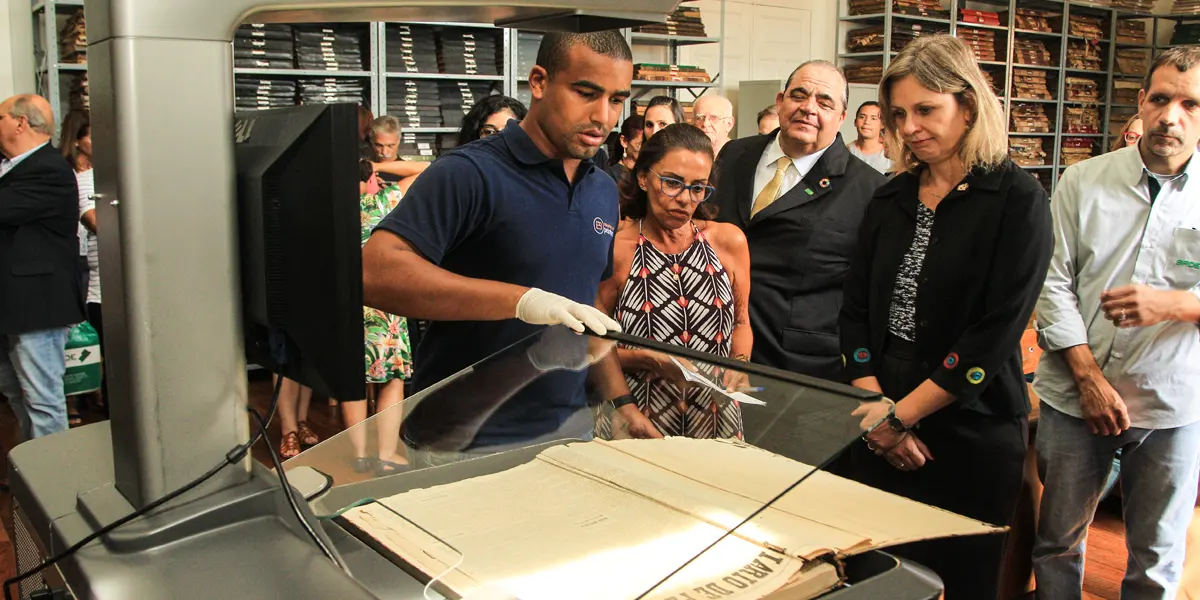
Digitization and Digital Preservation in Heritage Organizations

Archival Responsibilities

Privacy Concerns in Archival Records
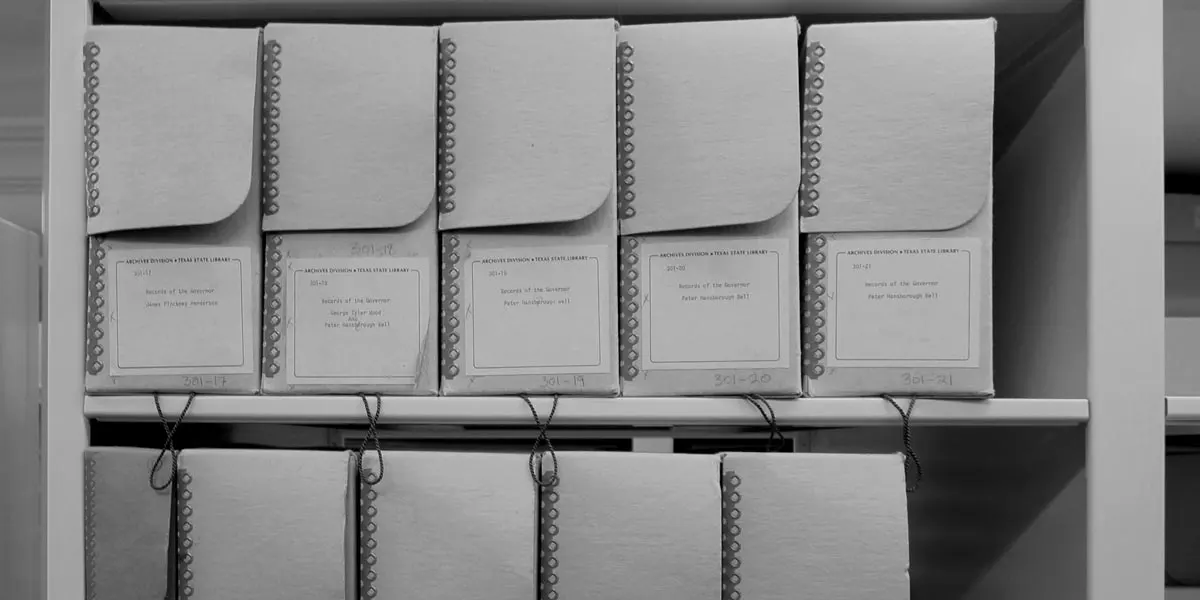
Legal Records in Archives

Records Recovery for Vital Records

Protecting Vital Records from Disaster
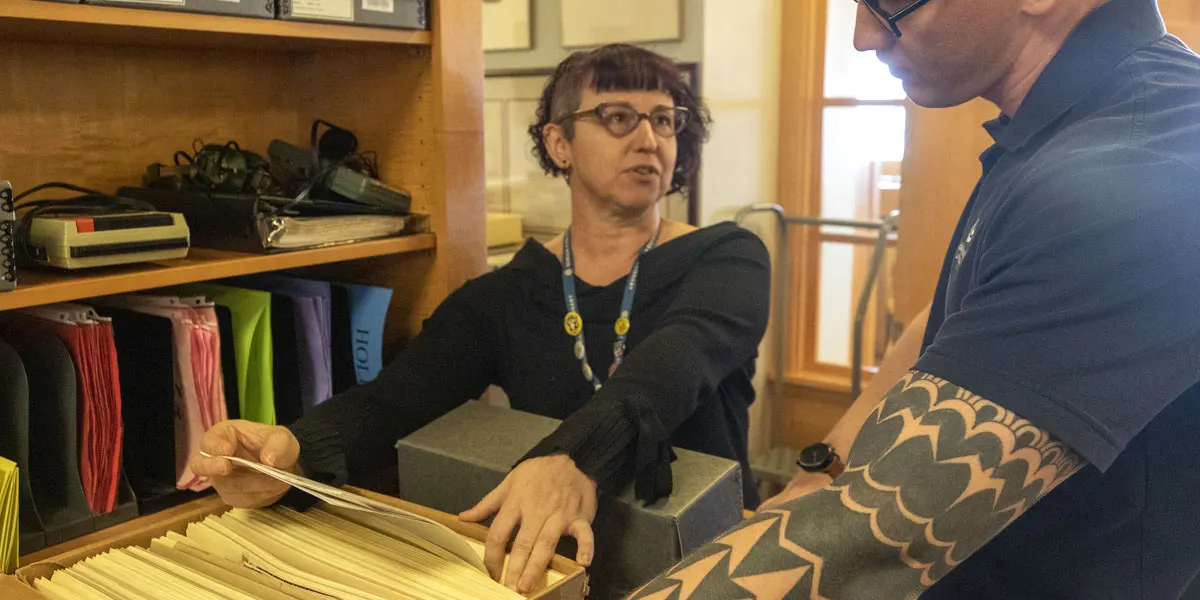
Sampling Case Records
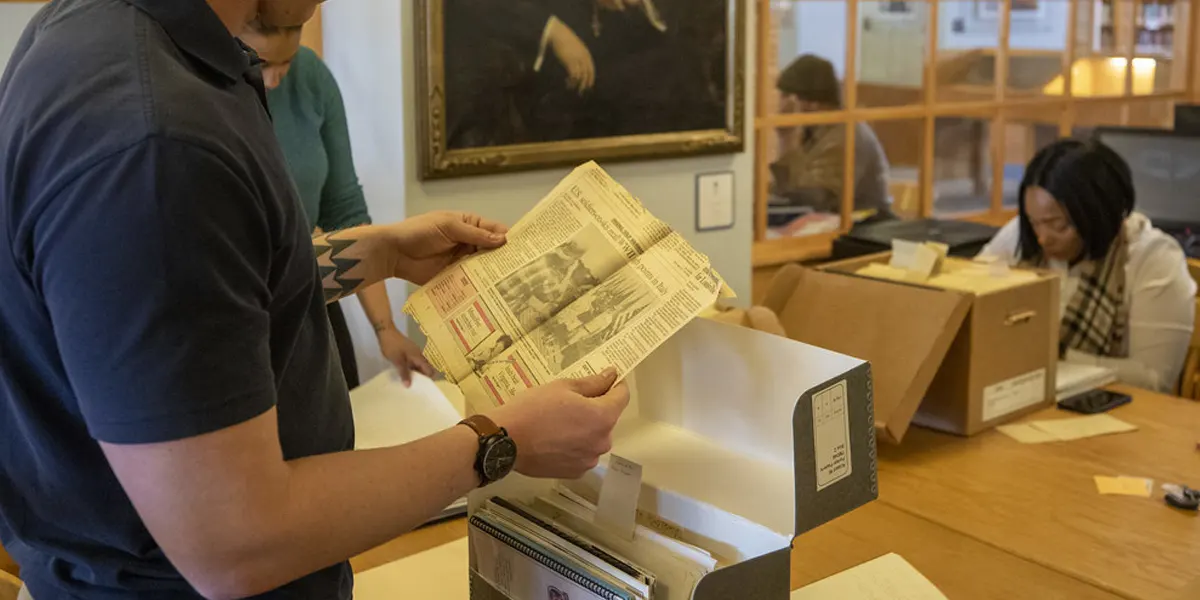
Handling Case Files in the Archives
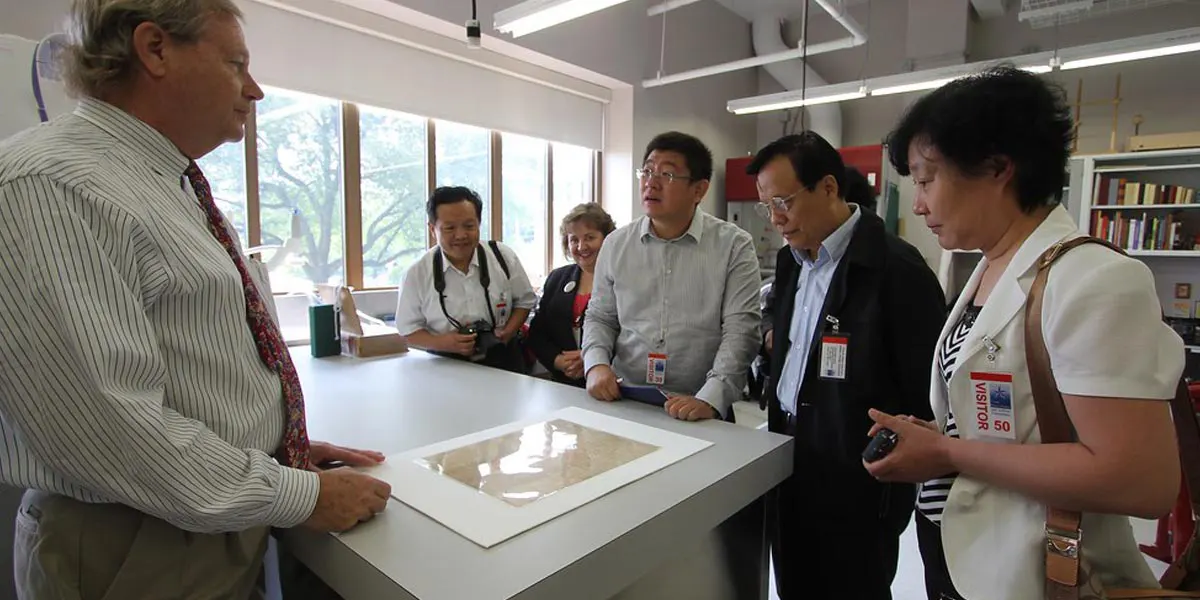
Considerations Used to Appraise Archival Records

Change and Continuity with Analog and Digital Records

Managing Electronic Records in Archives
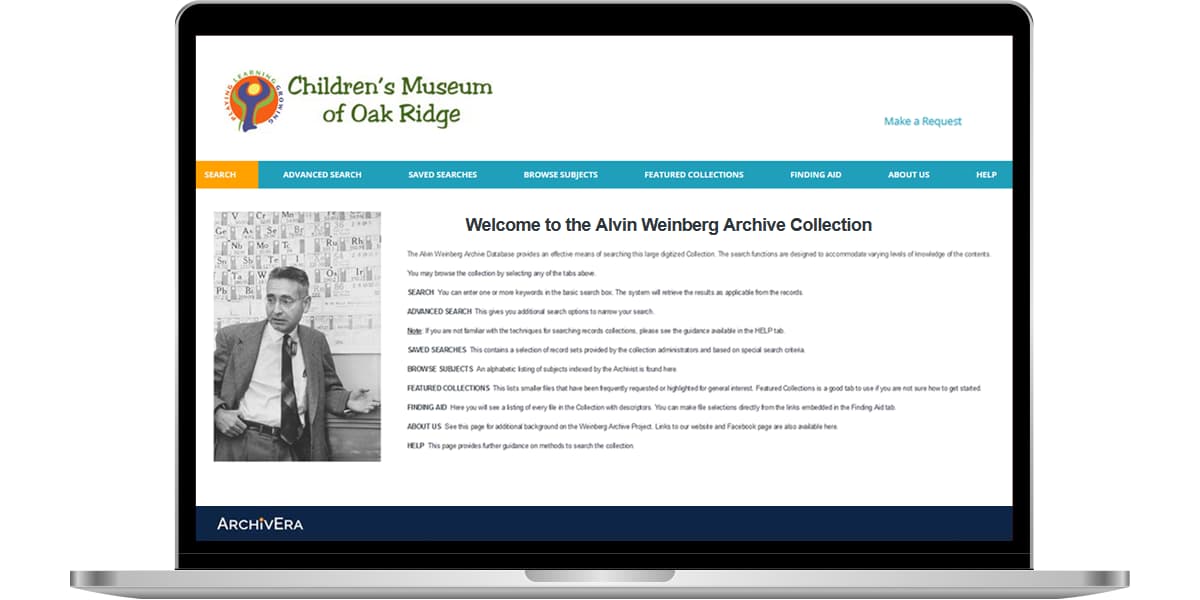

How Electronic Records and Physical Records Differ

Archival Description and Cataloging

Providing Access to Archival Collections

Strategies for Archival Advocacy

Creating Reports in Collections Management Systems

Why Archivists Should Collect Metrics

Archival Usage Metrics: Needs and Challenges

Selection Criteria for Digitization

Using Archival Standards to Make Data Exportable

Archival Data Standards: A Short History

Data Standards in Archival Collections Management Systems

Description of Electronic Records

Communication and Collaboration Through CMS Email Integration

CMS Email Integration and Request Management

Gathering Usage Statistics and Improving Processes with Your CMS

The Importance of Archival Description
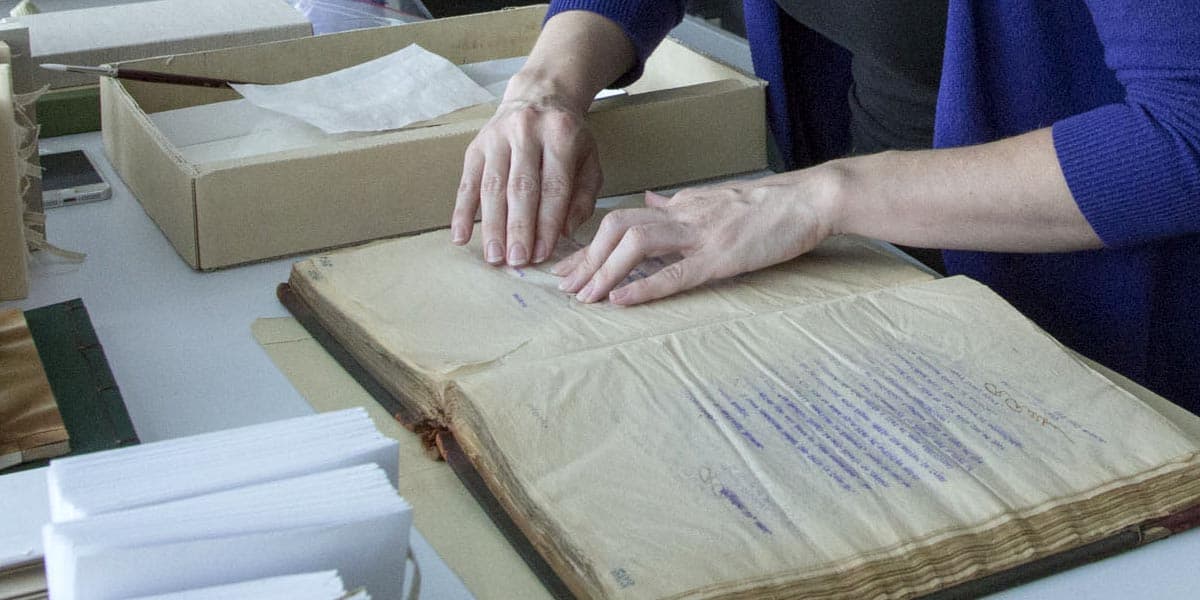
Appraisal of Records of Enduring Value

Collections Management Systems as Productivity Tools

How A CMS Improves and Automates Archival Labor

How A CMS Improves and Automates Archival Labor

Improving Efficiency with Collections Management Systems
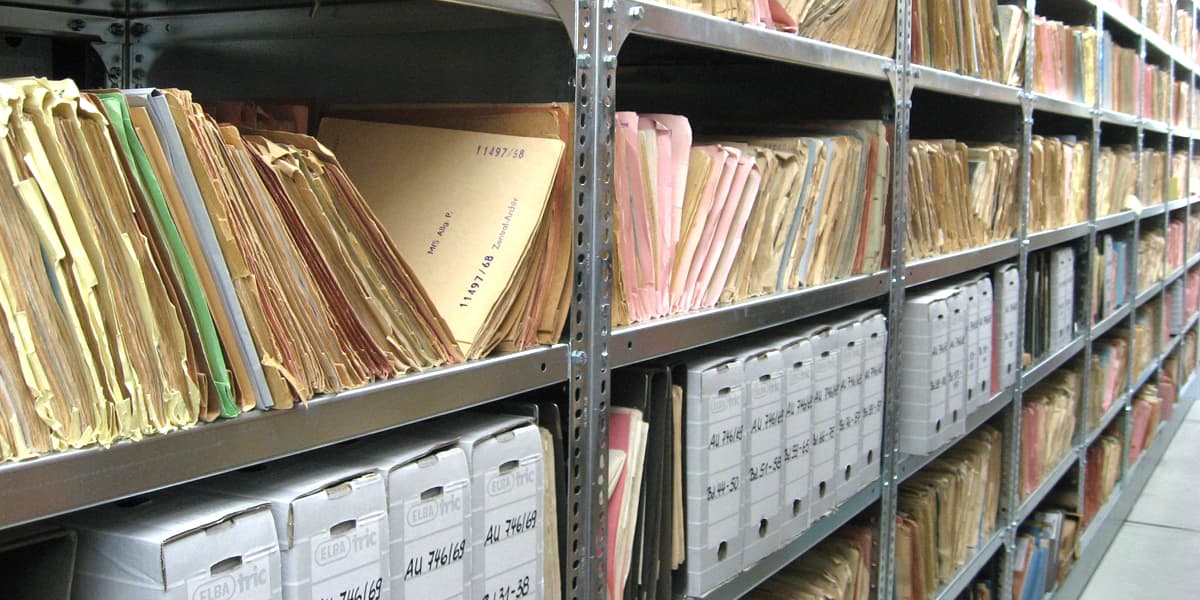
Fundamentals of the Appraisal Process in Archives

Seamless Integration for Archives

How to Achieve Business Process Integration in Archives

How a Collections Management System Acts as a Portal

Acquisition Strategies for Archives

Using an Archival CMS to Link Online and Offline Experiences

Engaging Online Audiences with Records of Enduring Value

Raising the Visibility of Archival Collections

The Essential Nature of Archival Records
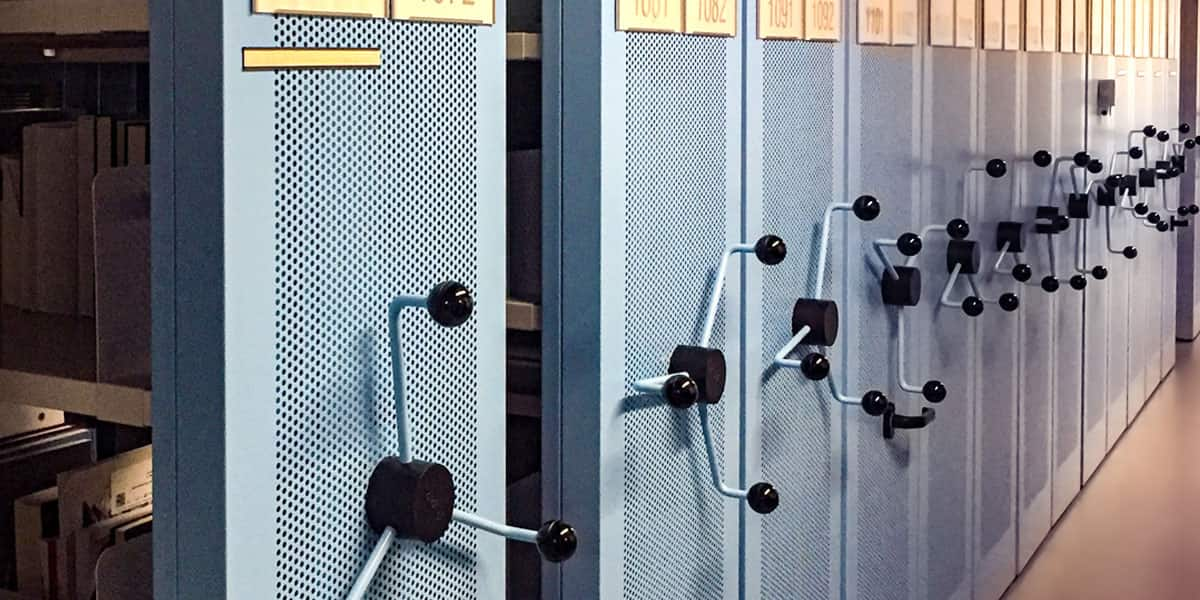
Approaches to Acquisition

An Overview of Acquisition in Archives
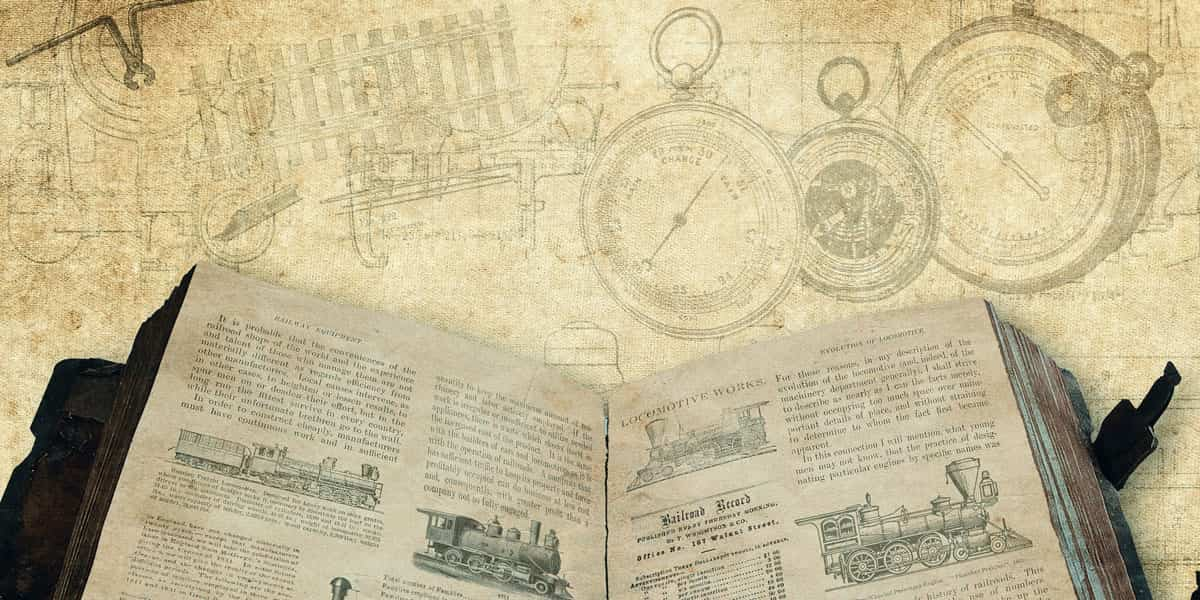
How Does Archival Selection Shape History?

Using Collections Management Systems to Enhance Access

Create More Participatory Archives with Your CMS

Maximizing the Value of Your Collections Management System

Optimizing Workflows and Reporting Capabilities with Your CMS

Training Colleagues to Use Collections Management Systems

Considerations During CMS Implementation

Formulating an Archival Mission Statement

Information Seeking Behavior in Archives

Migrating Data into a Collections Management System

Determining Data Standards for Collections Management Systems

Cleaning and Mapping Data for Collections Management Systems

The Archives of the Future

Acquisition and Appraisal for More Representative Archival Collections

Considering Collections Management System Costs

Use Your Archival CMS to Enhance Description & Discovery

Researching Collections Management System Options

Ready to Read: Digital Preservation Without Tears

Webinar: Illuminating Collections Management Systems Requirements

Determining CMS Requirements

Planning for your Archival CMS: Initial Steps

Gathering Stakeholders for Your CMS Project

Ready to Read: The Archivists’ Advantage: Choosing the Right CMS

The Archival CMS: Building A Business Case

The Benefits of Using Systems Designed for Archivists
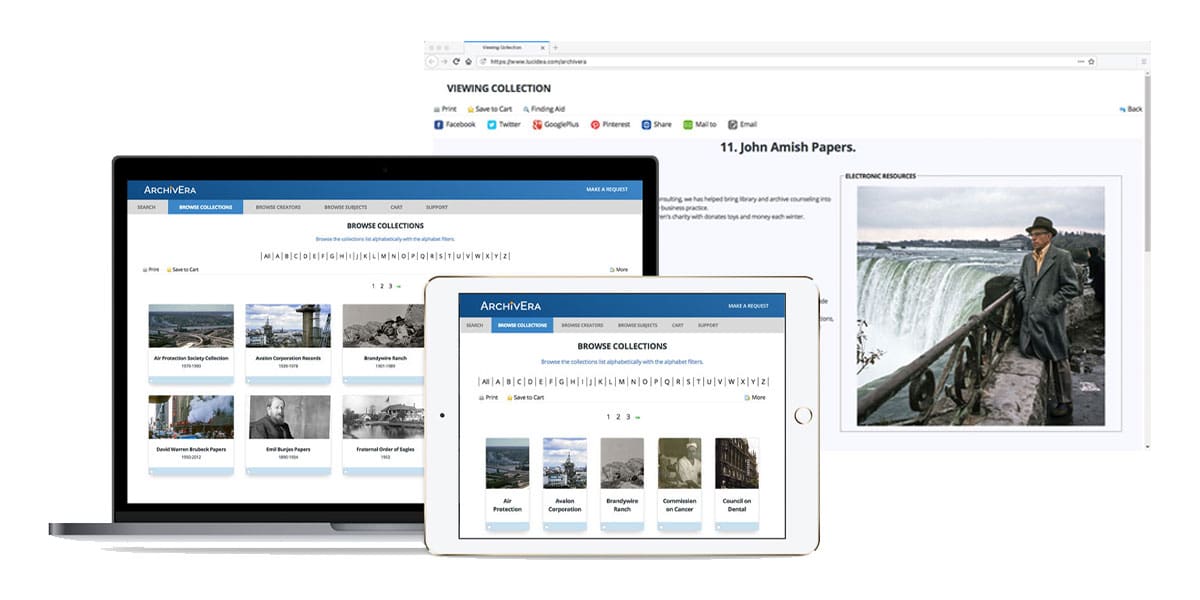
Collections Management Systems: Investing in Major Change

Meeting Users’ Expectations of Access to Archives
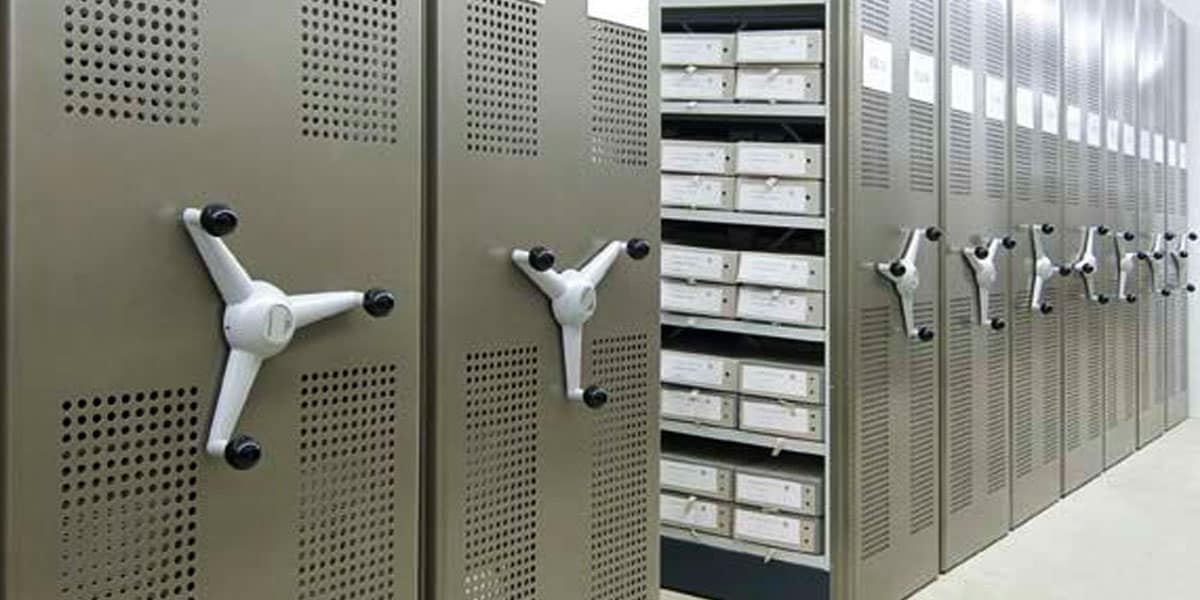
Archival Values and Use
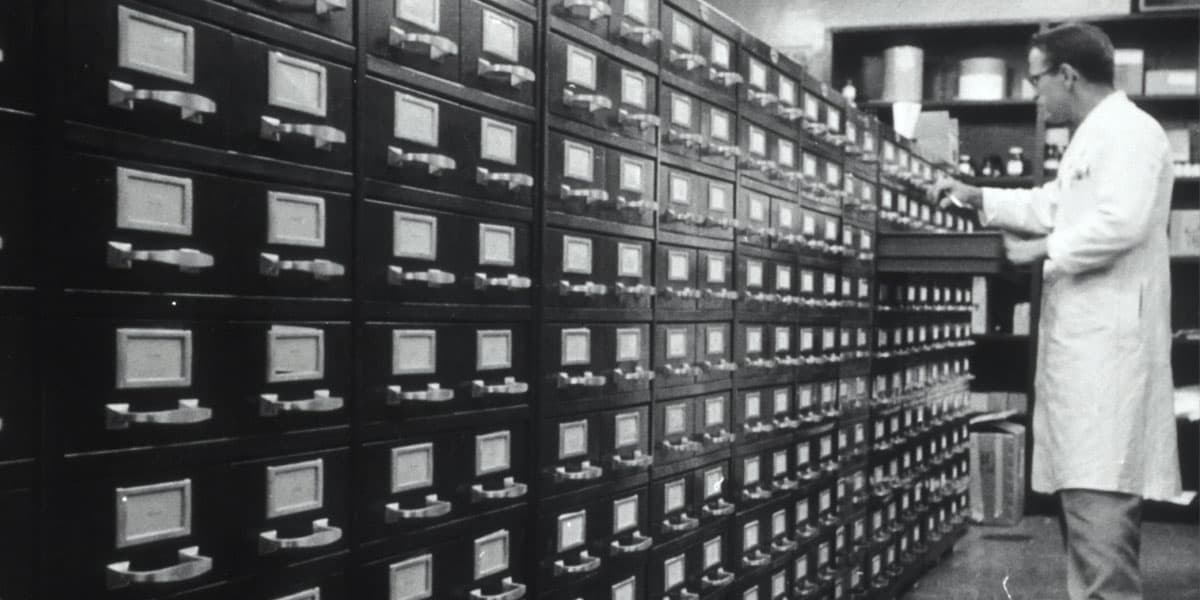
Shifting Concepts of Archival Permanence

Archives and Records Management: Then and Now

The Professionalization of Archivists: An Overview

Archival Program Management

Public Service Fundamentals for Archivists

Archival Security Basics

Disaster and Preservation Planning for Archives

Reference for Archives
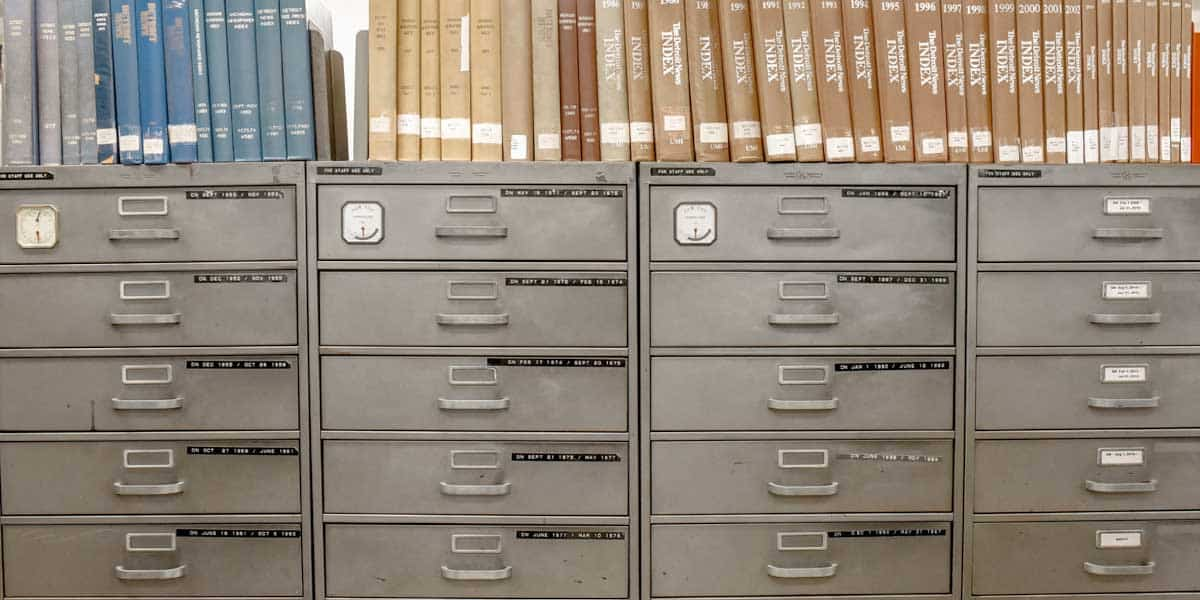
Access in Archives, the Fundamentals

Archival Finding Aids Explained

A Deeper Dive into Archival Description
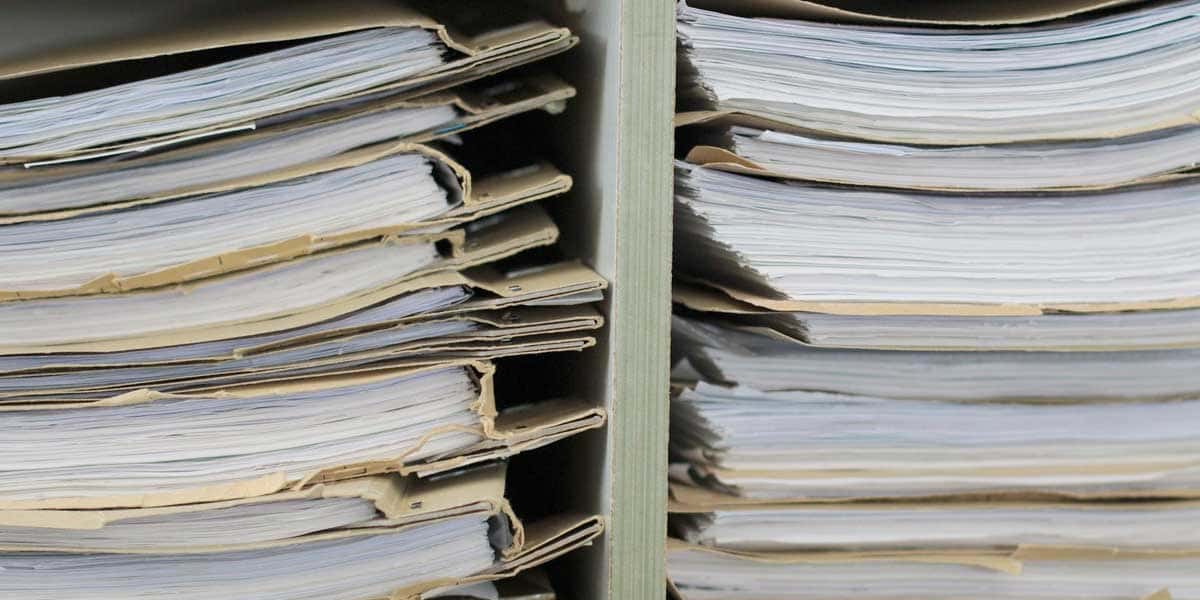
Arrangement in Archival Collections

Archives and Memory
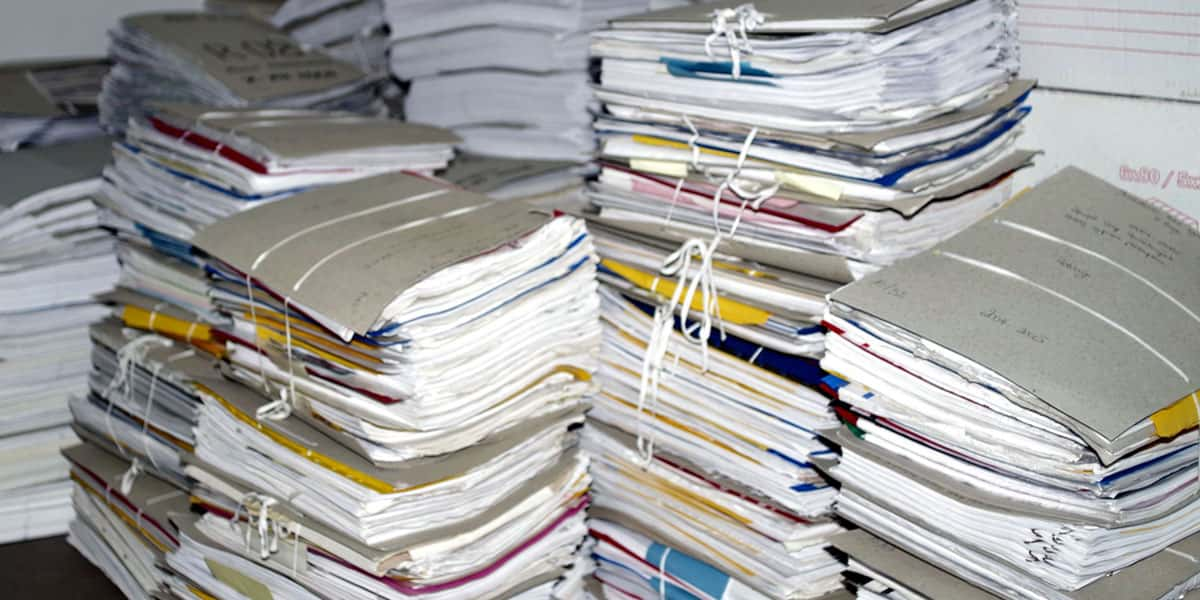
Levels of Archival Arrangement—A Primer

The Effect of Technology on Archival Activities

Technology’s Impact on Archives

Open Source or Proprietary? Weighing Your Archival CMS Options
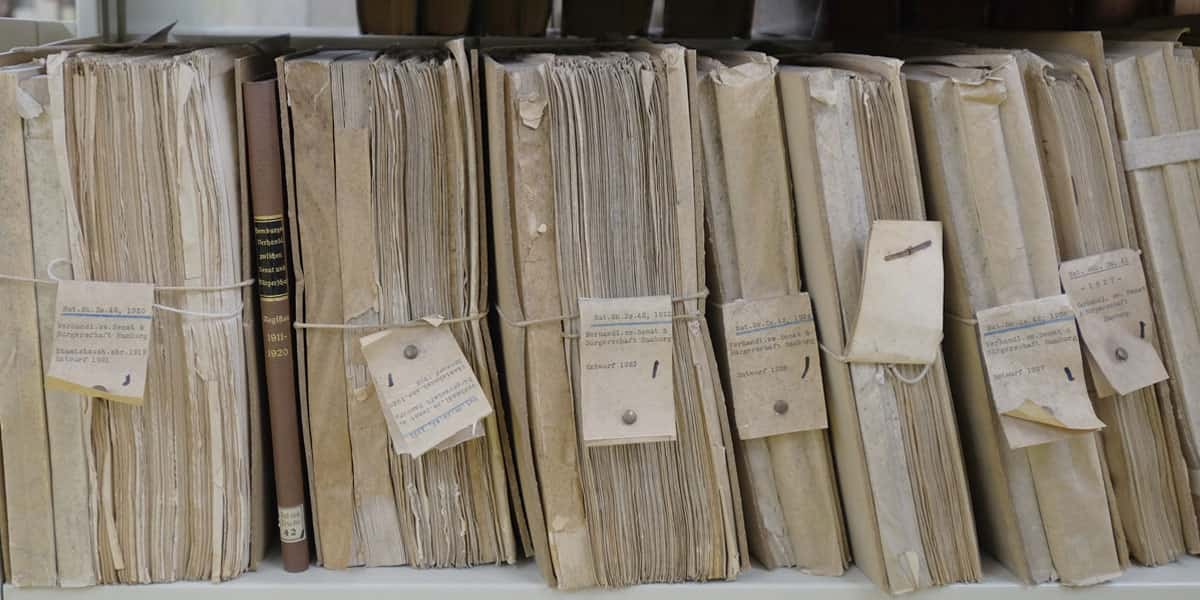
The Process of Accessioning in Archives

Collection Analysis for Archives—Thought Starters

Archivists: Neutral or Active?

Archives and Records Management: A Symbiotic Pairing

A Records Management Primer for Archivists

Investing in Institutional Archives

Archival Collection Policies: Writing the Best One for Your Needs

Deaccessioning in the Archives

Conducting Reappraisal on Your Archival Collections

Archival Appraisal of Architectural Records

Accession Considerations for Photographs

A Primer on Archival Appraisal Values

Maintaining Sustainable Archival Collections

Digital Preservation: A Community Effort

The Pros and Cons of Digital Archives Project Partnerships


Evaluating Archival Workflows and Programs

Metadata for Archival Collections

Ready to Read—Demystifying Archival Projects: Five Essentials for Success

Controlling Archival Projects to Keep Them on Course

Monitoring Archival Project Progress

Managing Changes Throughout an Archival Project

A Primer on Archival Project Contracts

Tips for Calculating Archival Project Costs

Best Practices for Crafting an Archival Project Charter

How to Manage Archival Project Risks and Assumptions

What Makes a Successful Archival Project?

Modifying Schedules for Archival Projects

Following the Critical Path for Archival Projects

How Procurement Works for Archival Projects

Archival Project Planning: The Essentials

Archival Project Scheduling Tips

Getting Started on Archival Projects

How to Kick Off Your Archival Project

Archival Projects: Evaluating and Acknowledging Performance
Tracking Progress of Archival Projects

How to Define Archival Project Roles

How to Build a Successful Archival Project Team

Managing Expectations for Archival Projects: Tips for Archives Project Managers

Stakeholder Management in Archival Projects

Developing Leadership Skills with Archival Projects

Digital Archives: How and Why to Write Digital Preservation Policy

Scalability of Digital Preservation: The Right Fit for All

Skills Building for Digital Preservation

The Data Economy: Funding Sustainable Digital Preservation

Integrating Digital Preservation into Your Archives Program

Nuts & Bolts of Scope Statements for Archival Projects

Eliciting Archival Project Requirements

Gathering Requirements for Archival Projects
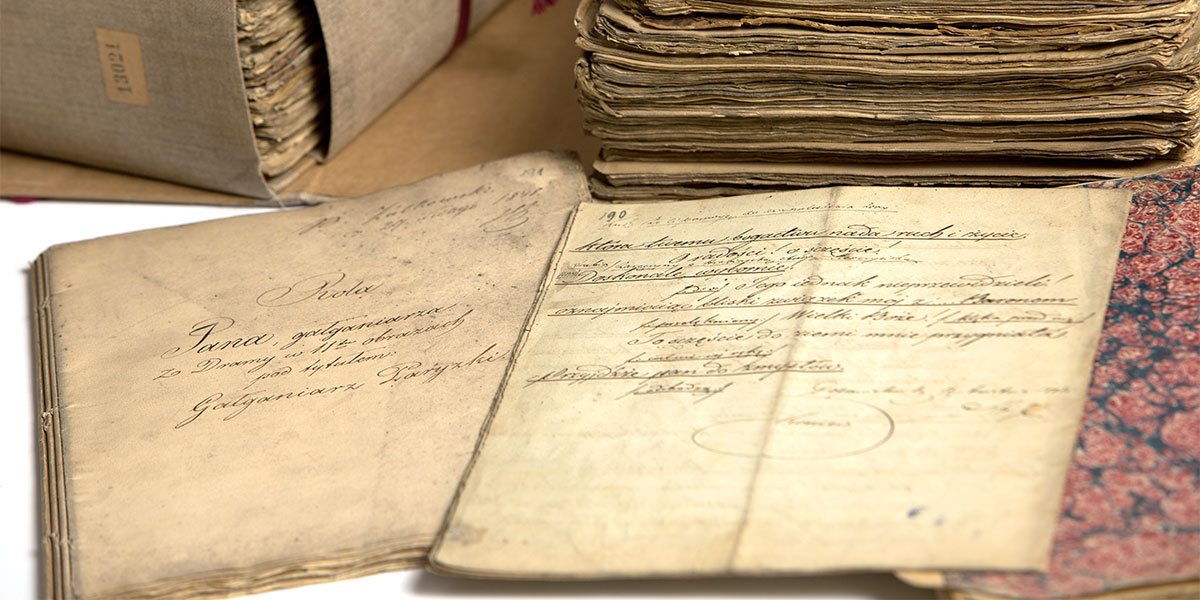
Developing Goals and Objectives for Archival Projects

Identifying Worthwhile Archival Projects

Archives Collection-Level Description: Pros & Cons

Archives & Item-Level Description: An Integrated Approach

The Current State of Description for Archives

Metadata Best Practices

Metadata for Archival Collections: Challenges and Opportunities

Ethical, Legal, and Cultural Considerations for Digital Archival Projects

Archives: Values to Consider During Selection for Digitization

Archives: Digital Imaging and Resolution Recommendations

Image Description Practices for Digital Archives Projects

Selection for Digitization – Best Practices

In-house and Outsourced Archives Digitization

Best Practices for Planning a Digitization Project

Staffing and Collaboration for Digital Archival Projects

Keys to Developing a Comprehensive Archives Collection Development Policy

How to Determine the Feasibility of Digital Archives Projects

Three Fundamental Digital Preservation Strategies

Copyright Fundamentals for Cultural Heritage Institutions

Why Digital Archives Expand Access and Awareness
eBooks
The Archivists’ Advantage: Choosing the Right Collections Management System
Margot Note
Margot Note delivers practical and invaluable advice for archivists engaging with the process of selecting an archival collections management system for the first time, or seeking to replace an existing CMS to address changing needs.
Demystifying Archival Projects: Five Essentials for Success
Margot Note
As work in archives continues to become more project-driven, educational and professional development opportunities for archivists have not kept pace. This book aims to provide the needed information—just enough project management methodology—to bridge that knowledge gap.
The Digital Decisive Moment: Transformative Digitization Practices
Margot Note
Margot Note provides a reference for institutions converting resources to digital form while maintaining both analog and digital collections. The book advocates integrated initiatives, emphasizing the intersection of objectives and applications. Readers will learn to define their project needs, evaluate their options, and manage the digitization process.
Digital Preservation Without Tears
Margot Note
In a field of emerging best practices, this book strives to be a useful introduction to digital preservation. As the field codifies techniques, archivists should act now. No matter how small a step, implementing digital preservation activities helps support historical assets for long-term access.
Perserve, Promote, Persevere: The Archivists’ Guide to Internal Advocacy
Margot Note
Preserve, Promote, Persevere: The Archivists’ Guide to Internal Advocacy offers a call to action for enhancing archival programs and ensuring a secure place in the archives’ institutional community through stewardship, accessibility, and public relations. Readers will learn how to cultivate skills to become better promoters of themselves, their repositories, and their profession.
